Since we began this adventure 17 months ago, we frequently have been asked why we are doing this and how we got started.
Once both of us retired from our respective careers, we came to the conclusion that we no longer wanted to live with snow. While deciding to sell our house and give all of our belongings away to the working poor (none of our children wanted any of it) was easy, trying to decide on a new location in which to settle, was not. No place jumped out at us and said..."This is the perfect place for you to be!" So...we came to the conclusion that since we were "homeless" and "jobless"...let's travel!
Lori was an elementary school teacher and I was a psychiatric social worker. We each have moderate monthly pensions, so our next decision was to use those as our budget perameters, and, as much as possible to stay away from any savings we had accumulated.
After doing some research, we concluded that renting furnished apartments through Vacation Rentals By Owners (VRBO), Home Away, or AirBnB would be better (and cheaper) than staying in hotels. Using these sites, one can rent apartments anywhere from a few days, to a month or more. Thus, we can fully explore all aspects of each location, and not just the touristy venues, allowing us to come away with the essence of each. Using that as our guide, we found that planning at least two months in advance would be necessary in order to secure apartments that were centrally located (or at least on public transportation lines that allowed us easy access to where we wanted to go).
One question we often hear from our followers relates to "Do we plan out an itinerary for what we want to see each each day?" The answer to that is an unequivocal..."sort of." We do research about what each location has to offer in terms of attractions and decide which ones we would like to explore. That being said, we have also learned that some of the most exciting and interesting attractions we visited were those that we just happened across. There are hidden gems (e.g. secret staircases and hidden rooms) all over Europe. You just have to keep your eyes and ears open to the opportunities that aid in their discovery. Flexibility became our watch word. Speaking to locals about what they feel are interesting places to visit (which may not be in any tourist guides) brought us to many surprising attractions. This also allowed us to be more interactive with the inhabitants. We found that, no matter where we were, everyone was very friendly and helpful. There was always someone who spoke English, and many even helped us to learn some basic coversational language.
We kept ledgers on all daily expenses (meals, travel, rent, admissions, etc.). At the end of each month, we totaled all of these up and converted them to U.S. dollars, in order to make sure we were staying within our pensions budget.
The sum total of all the clothing we brought with us was minimized to fit into our two carry-on wheeled suitcases and two personal item bags, which did not include any heavy nor bulky winter clothes. Lori and I simply layered our clothes when the weather became colder. One of the requirements necessary in each apartment we rented was having a clothes washer. With minimal clothing, we needed to be able to wash our clothes frequently.
During our planning, being in warmer climates was a goal. However, the biggest problem we encountered in this process was the Shengen Treaty. Thirty countries in the European Union signed this treaty in an effort to create open borders and a singular currency. For us, being non-citizens of any of these countries, we were limited to staying within any of the 30 Shengen countries a total of 90 days out of any 180 days. This meant that after three months, we had to be out of the Shengen area for an additional three months. As our travels through Europe progresses, this becomes increasingly difficult to plan (our goal is to not repeat visiting any country we have already seen).
There are many ways to see the world. So far, this way is working for us.
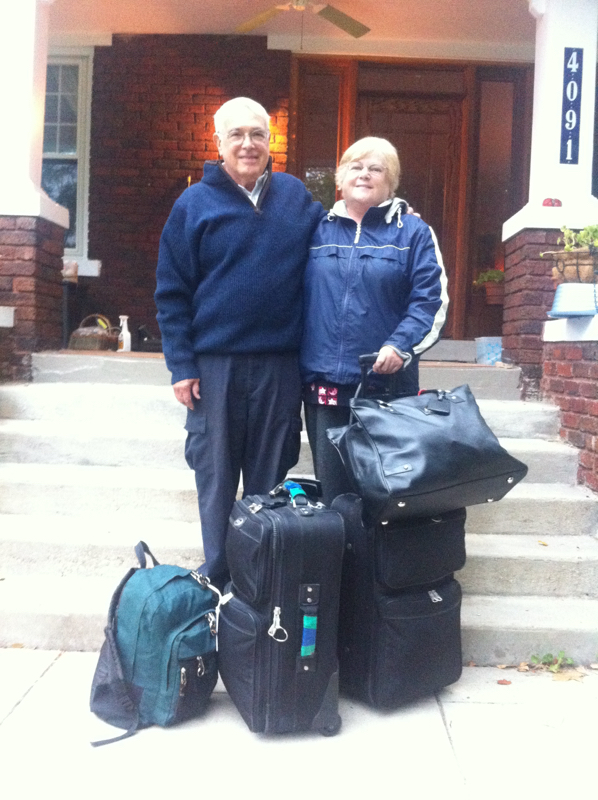
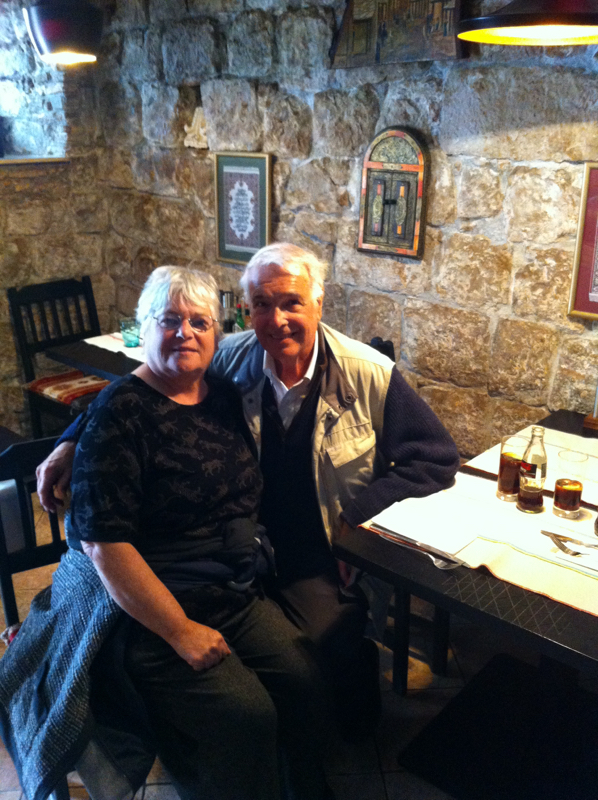
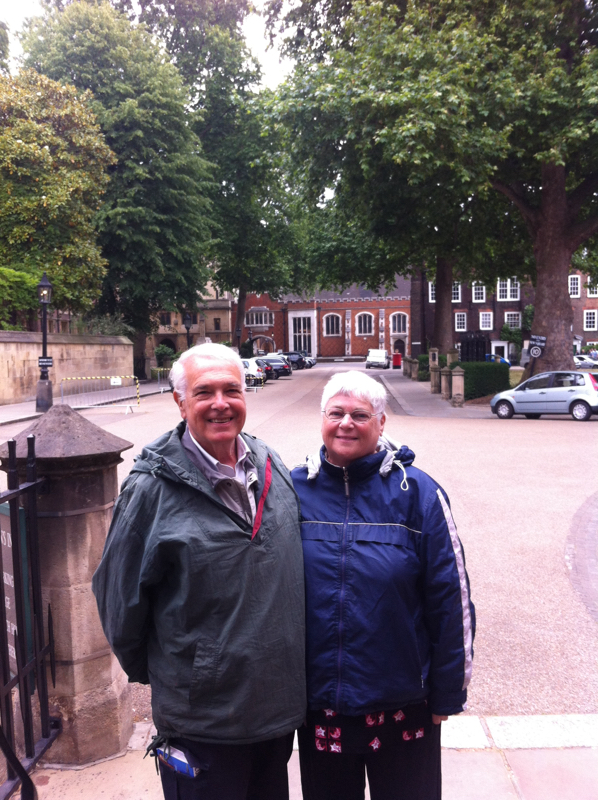
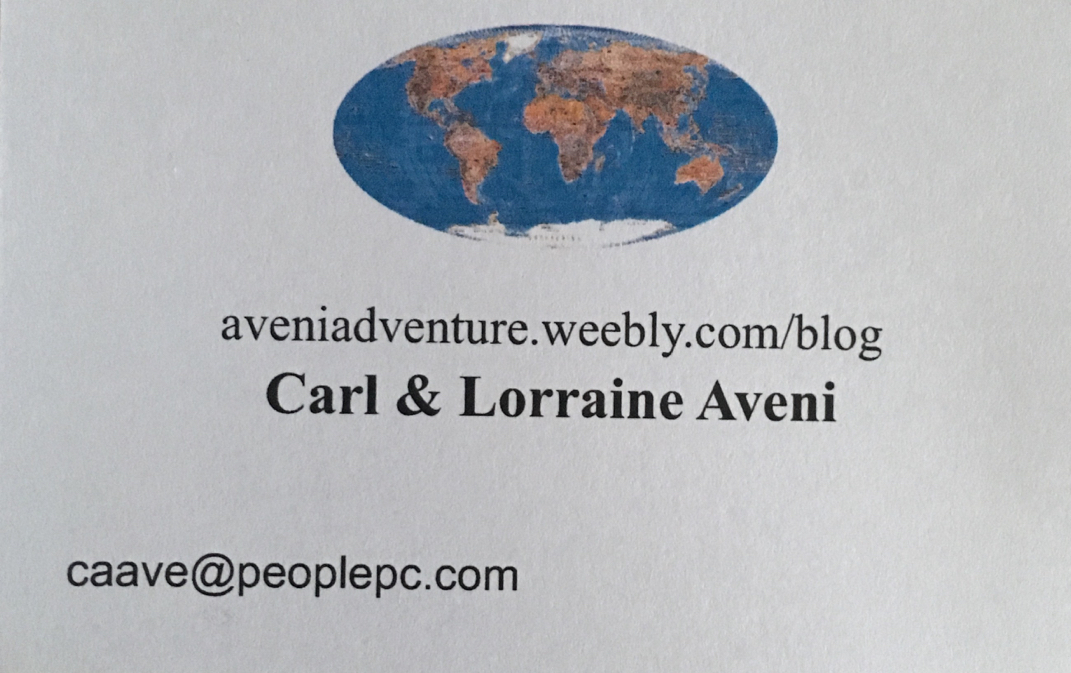
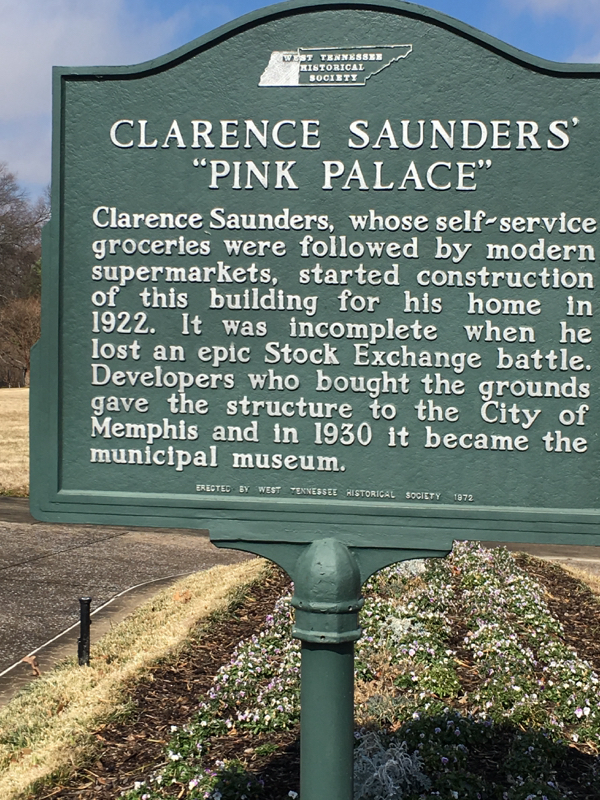
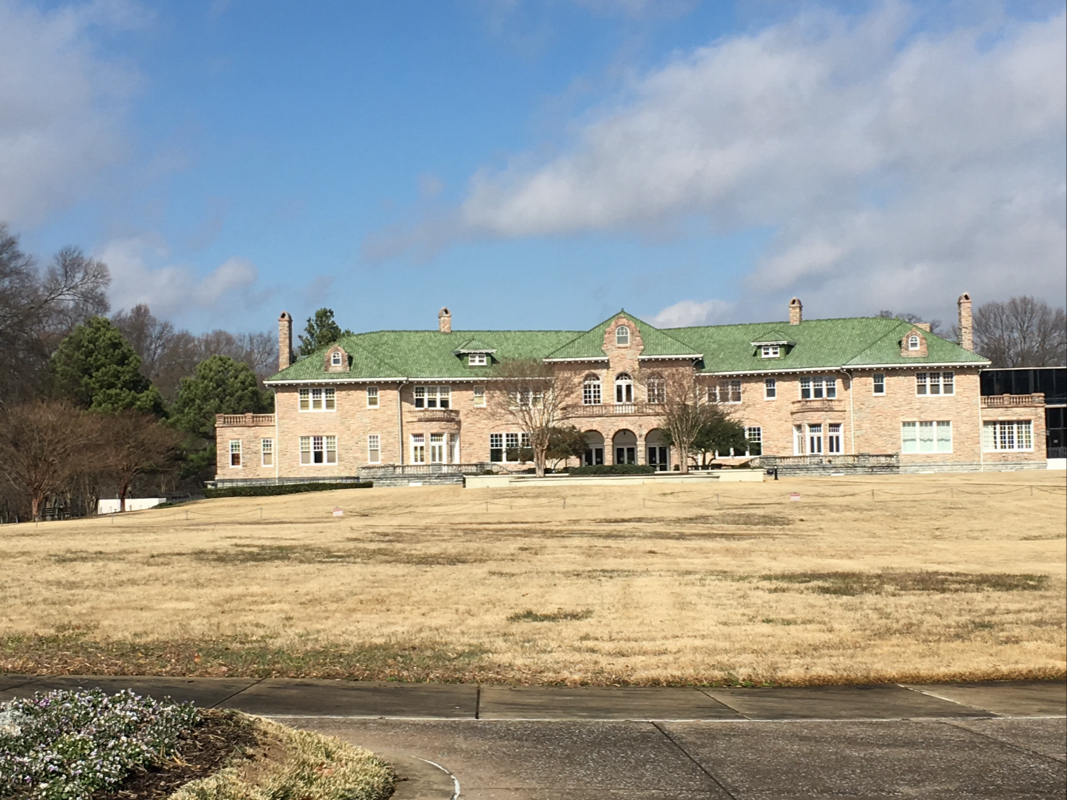
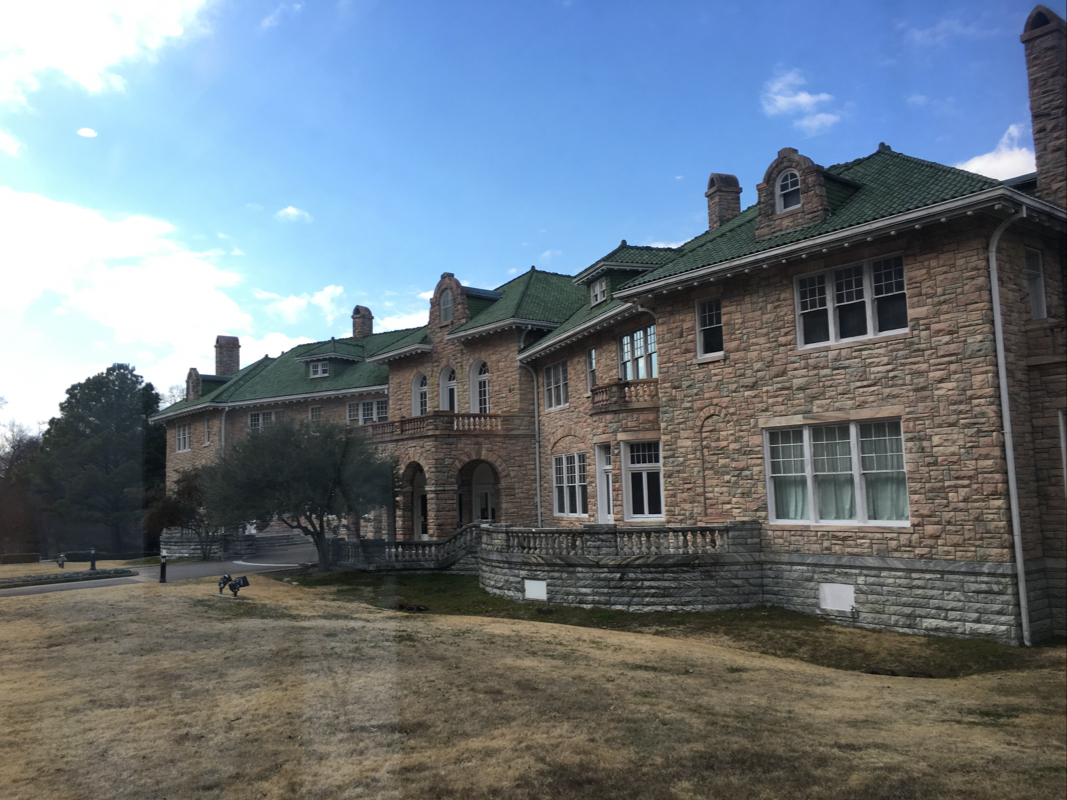
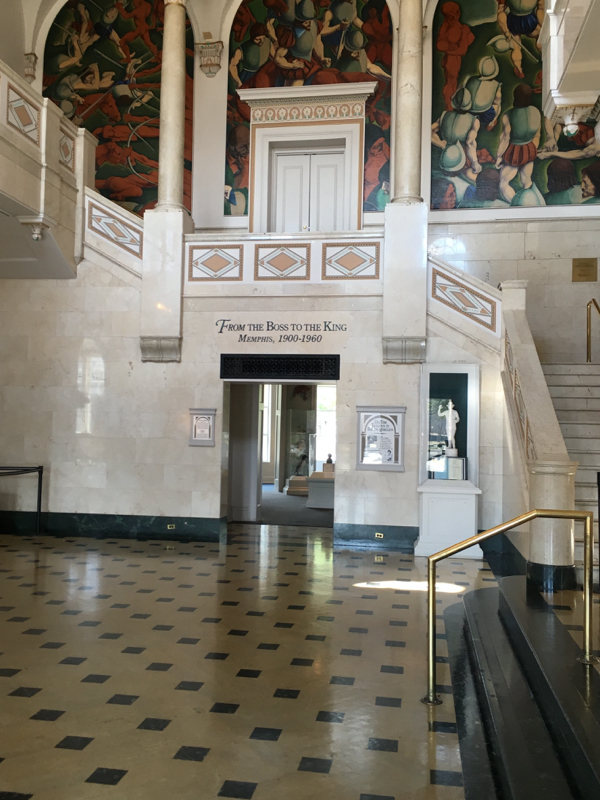
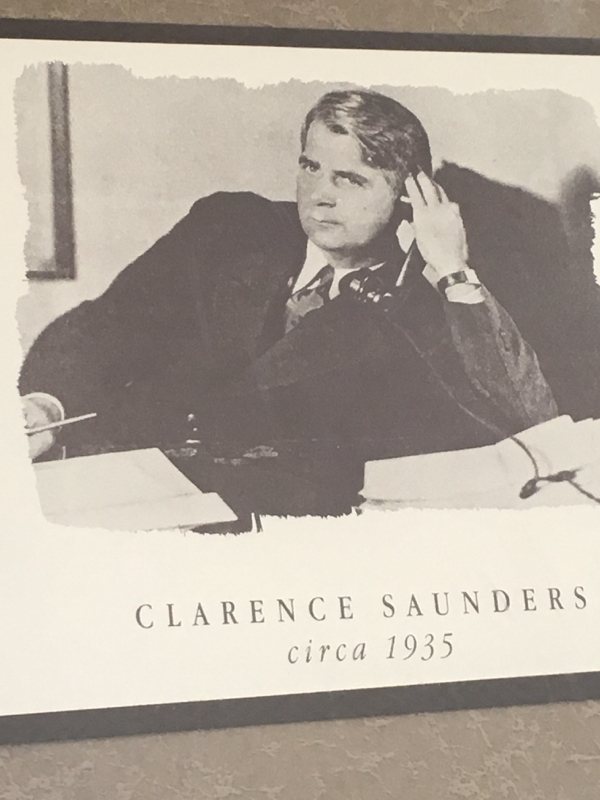
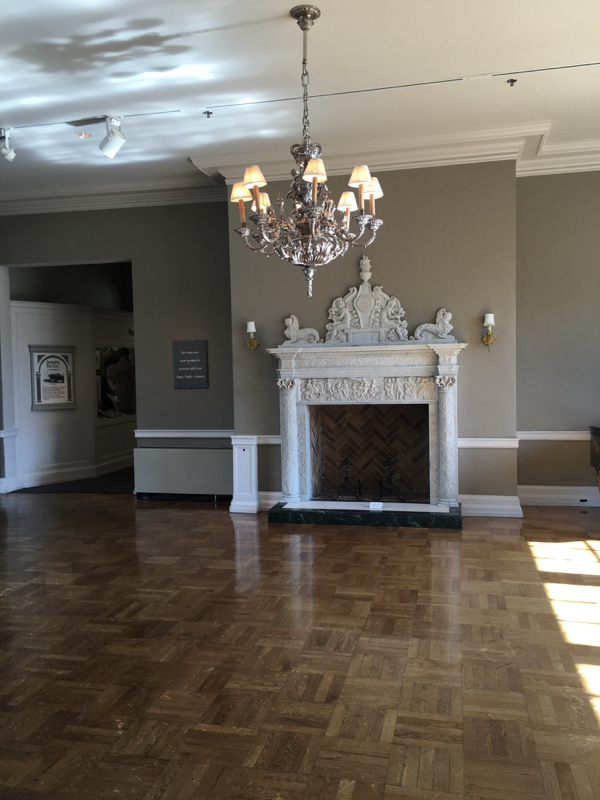
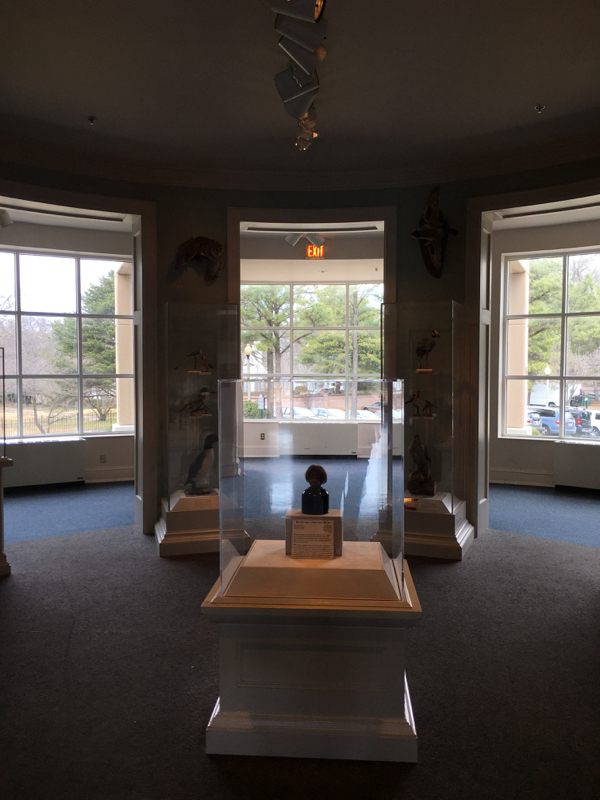
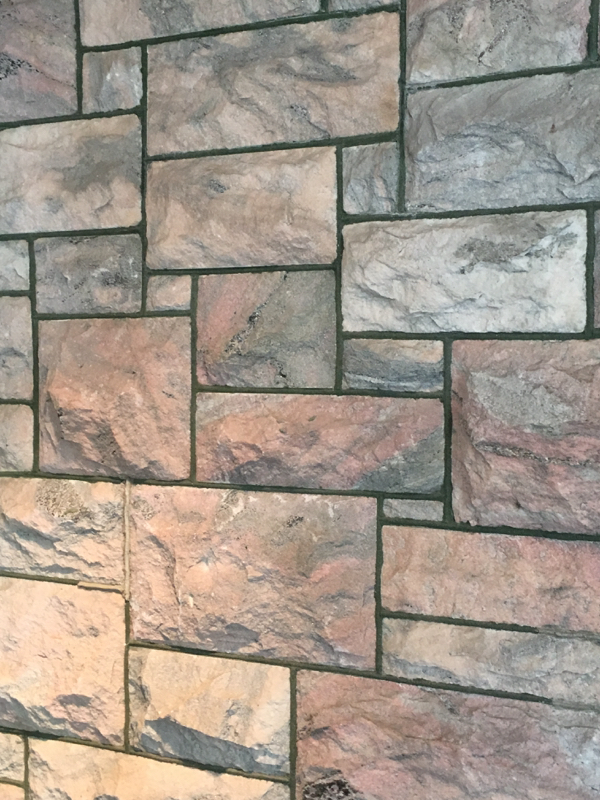
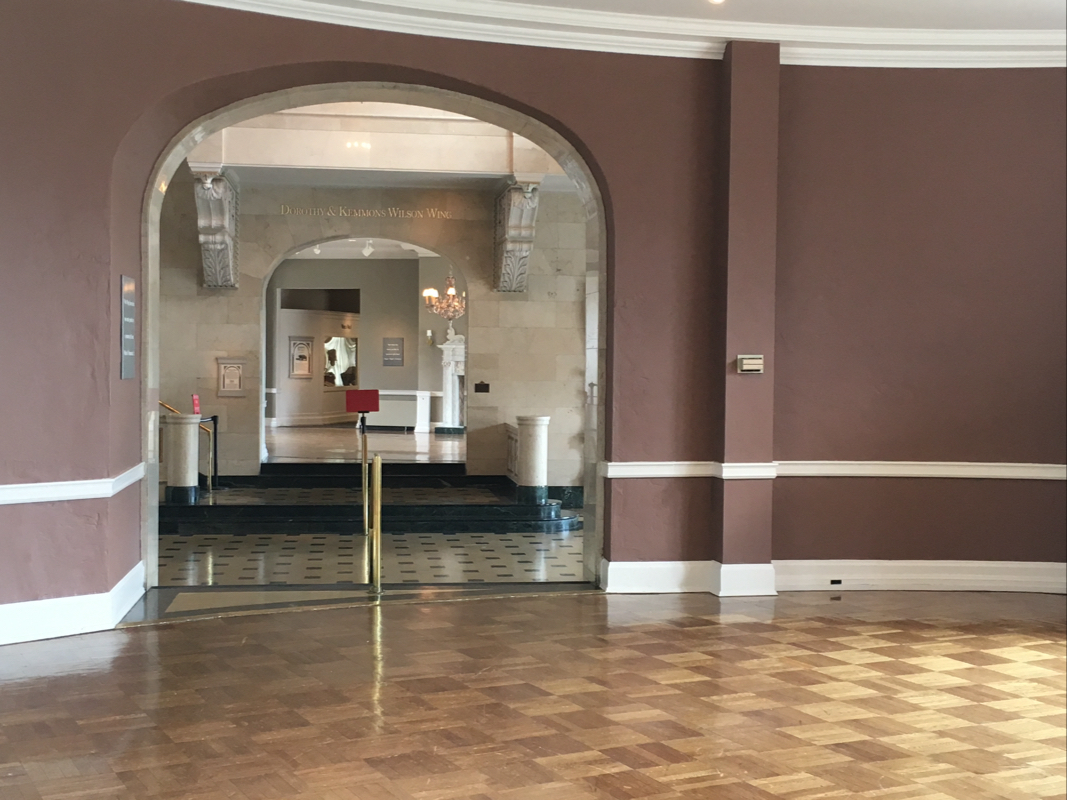
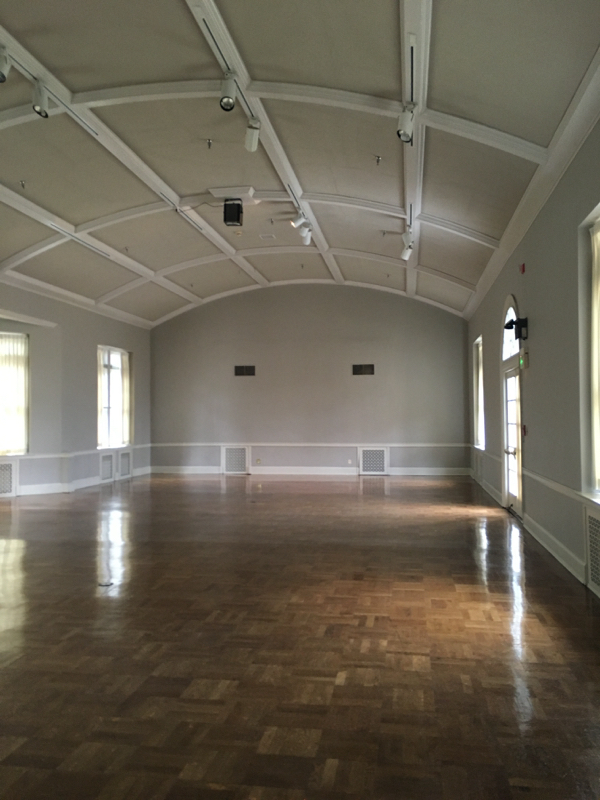
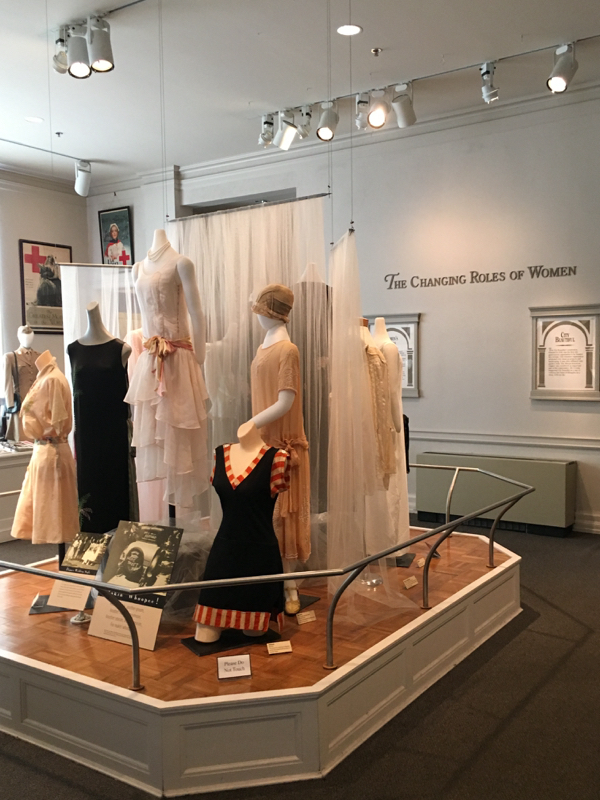
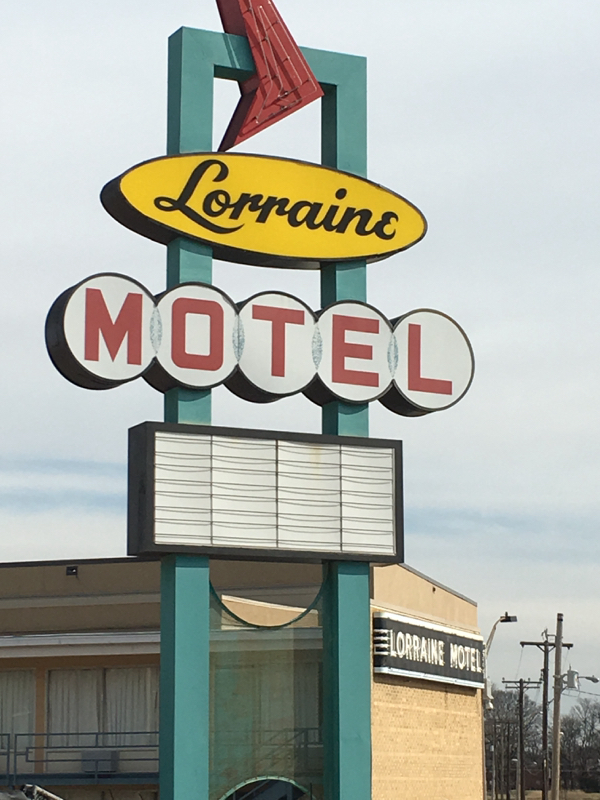
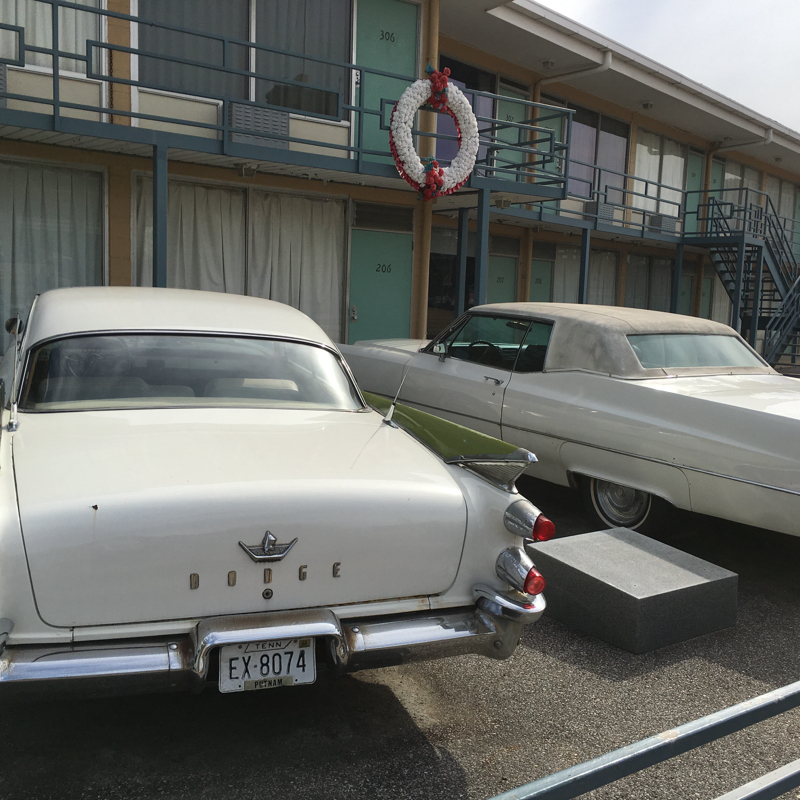
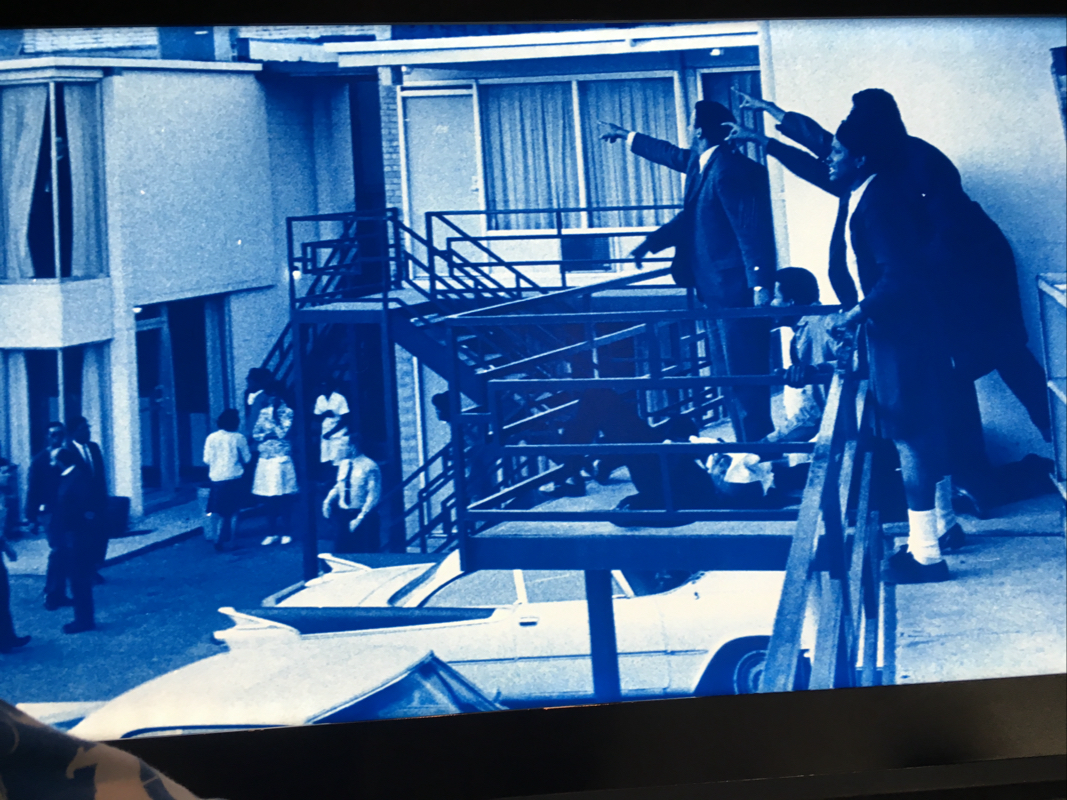
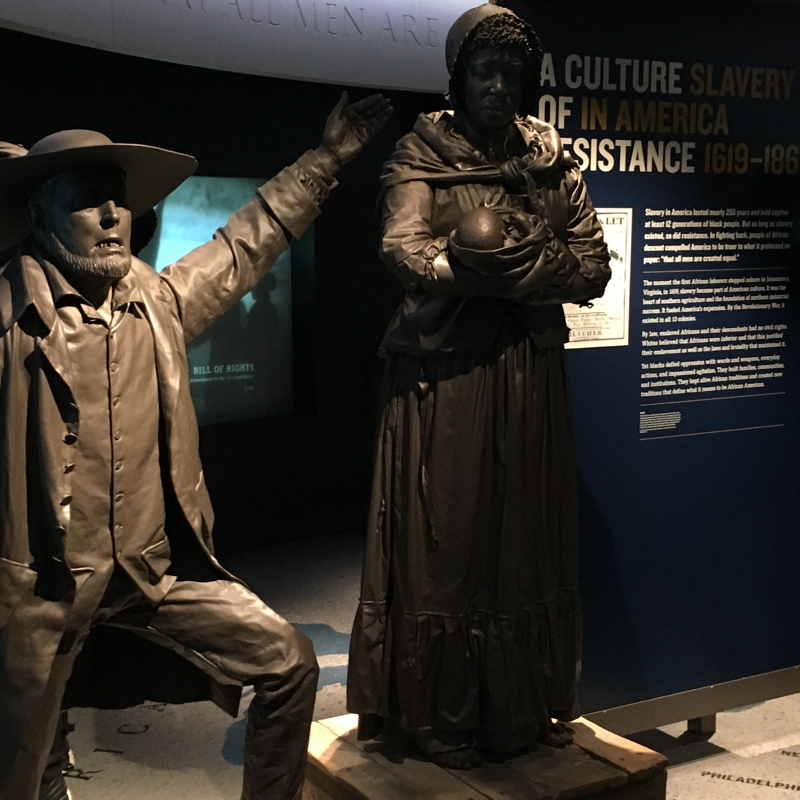
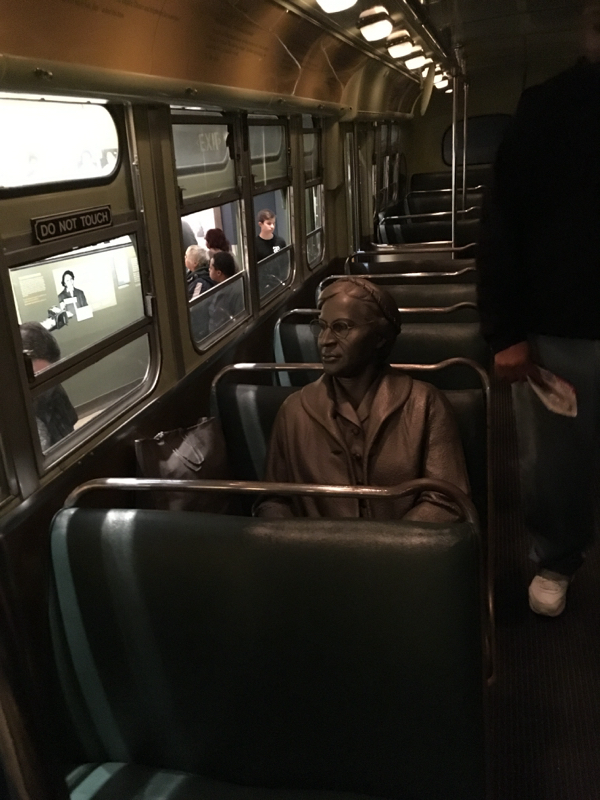
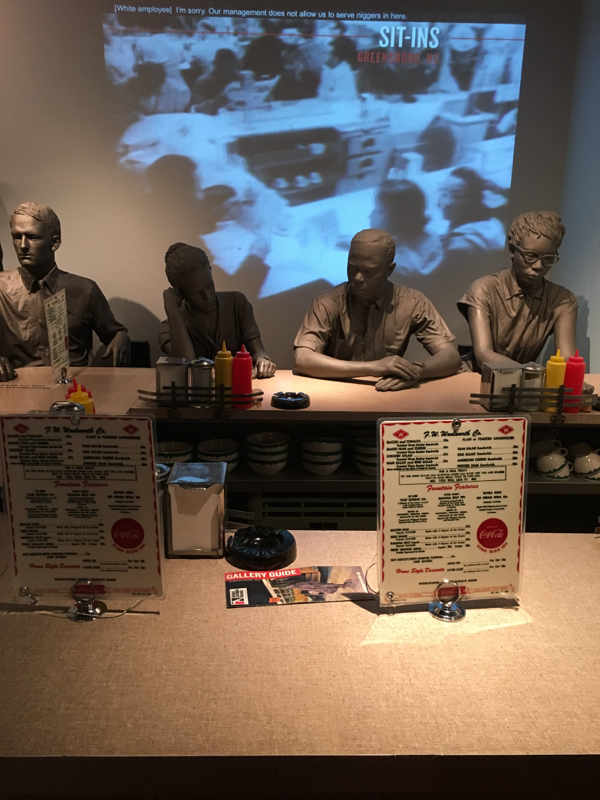
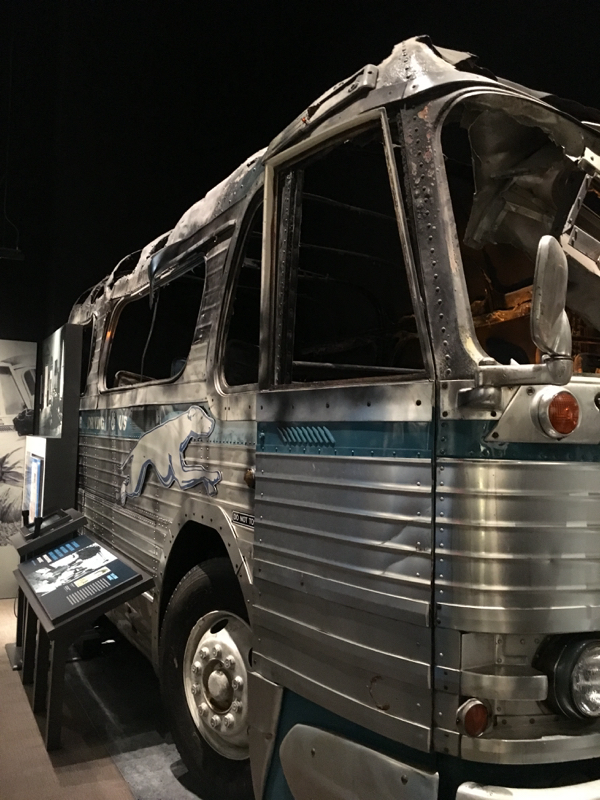
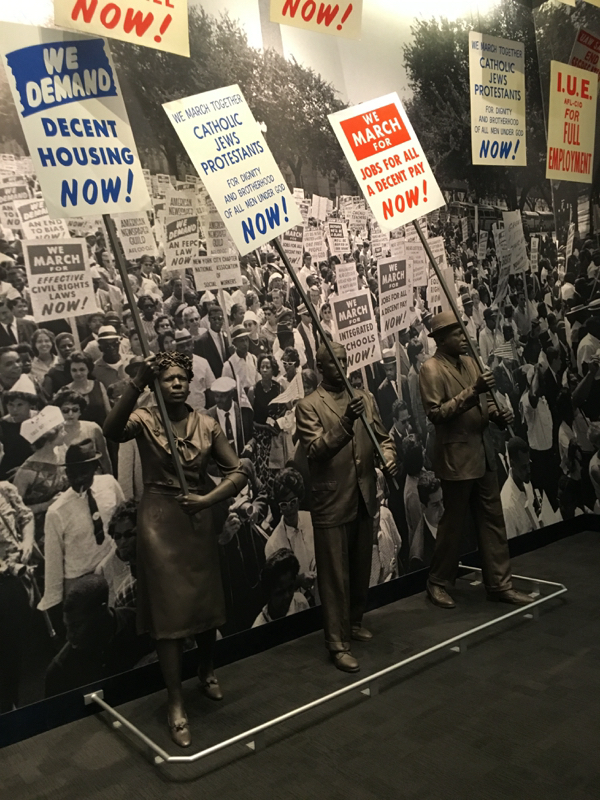
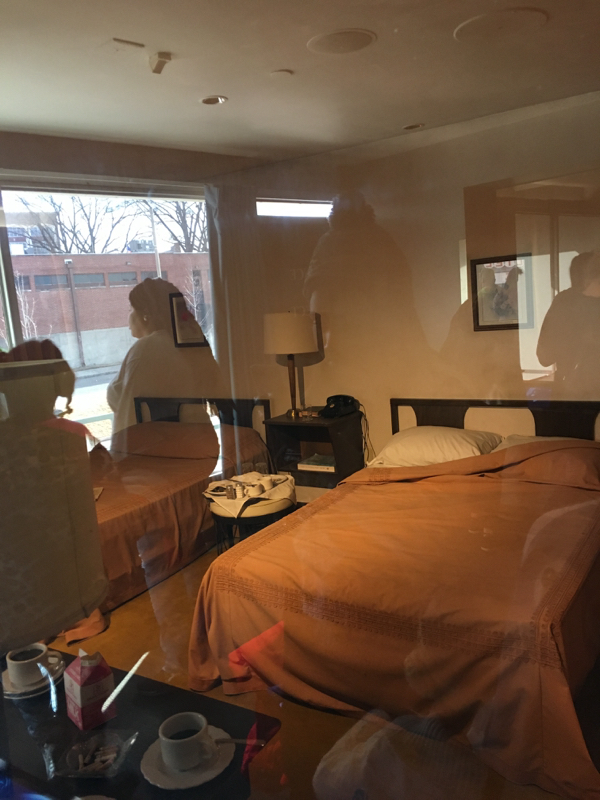
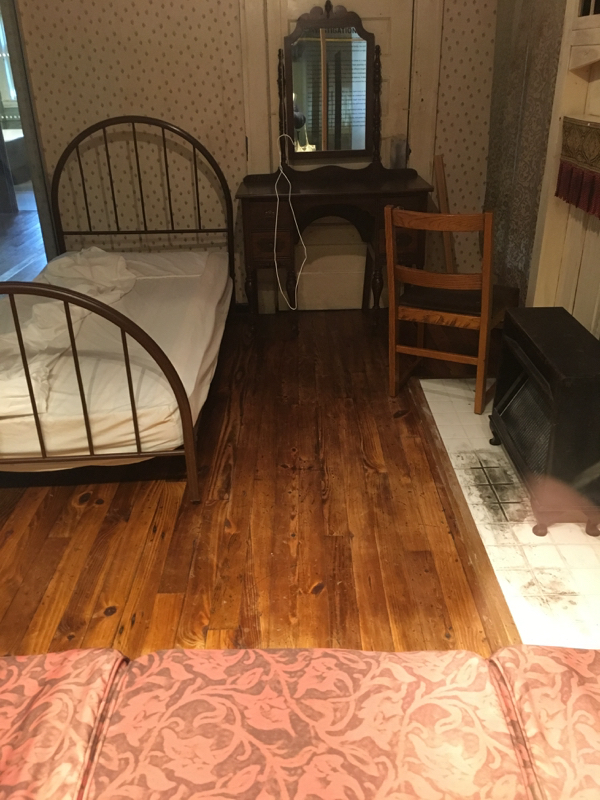
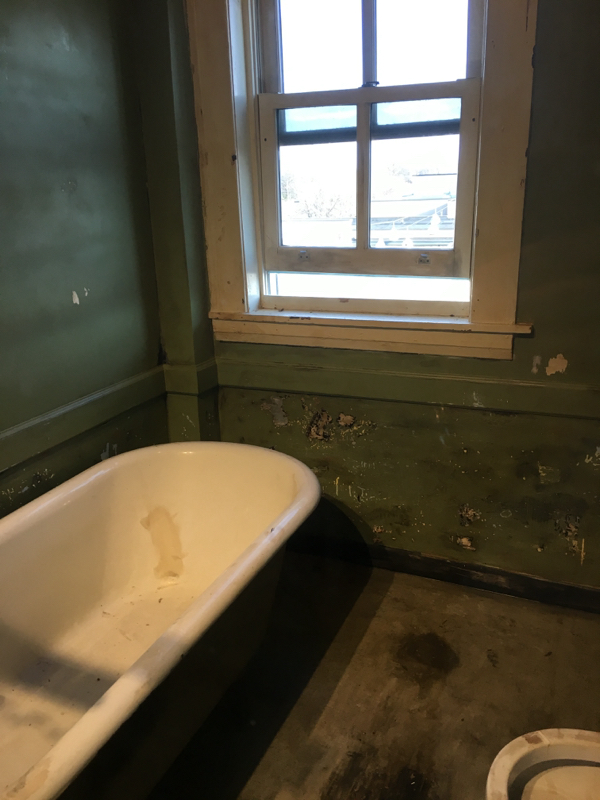
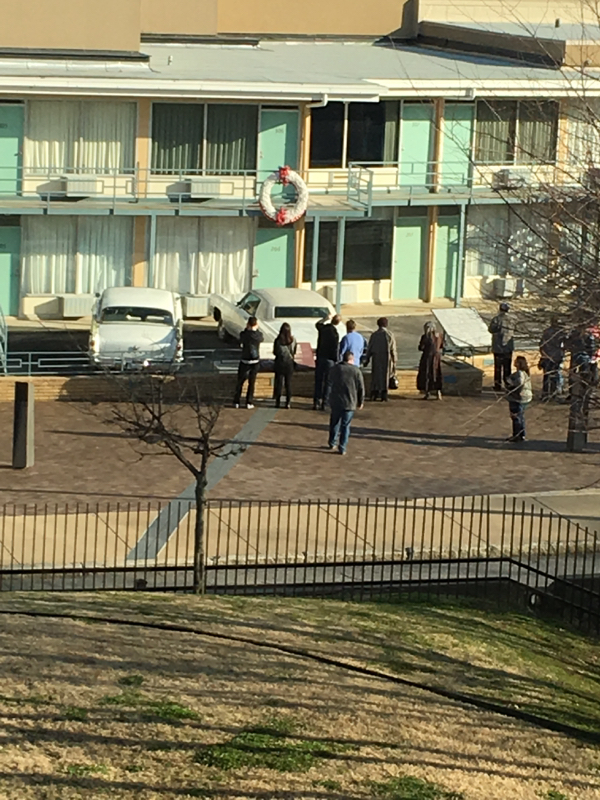
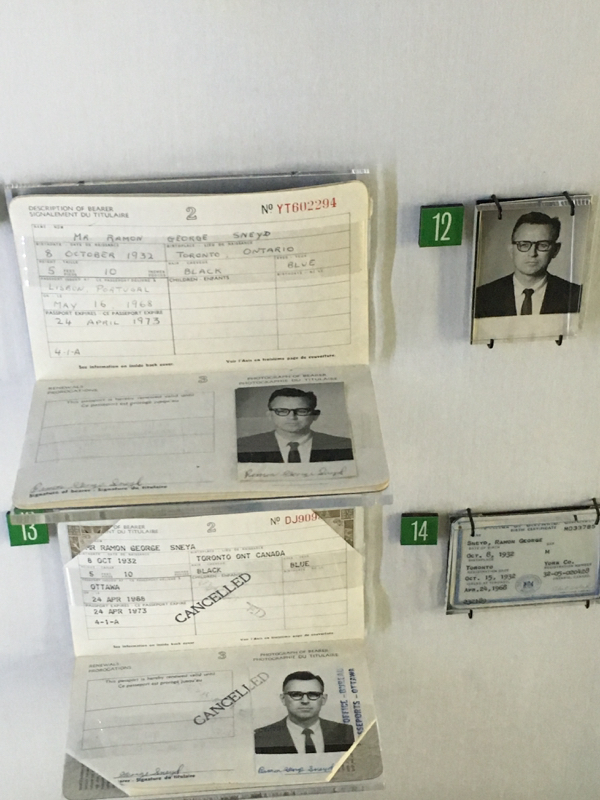
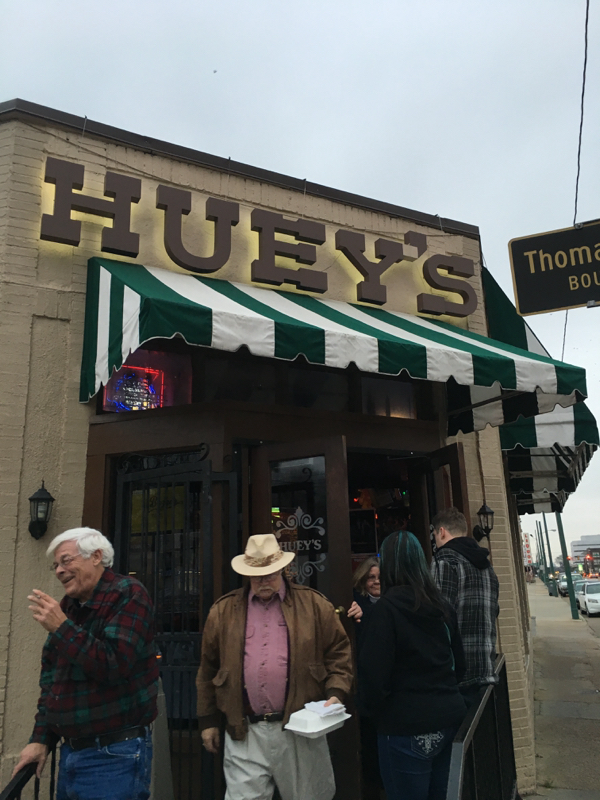

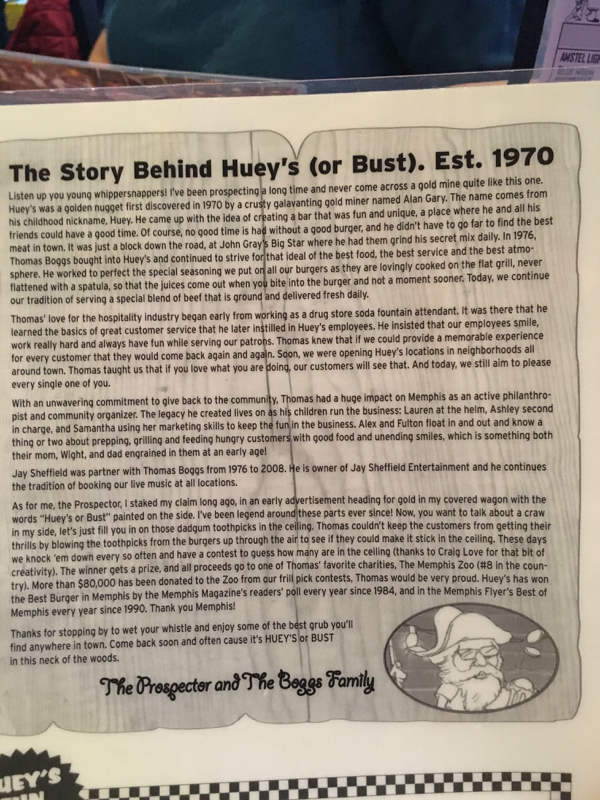
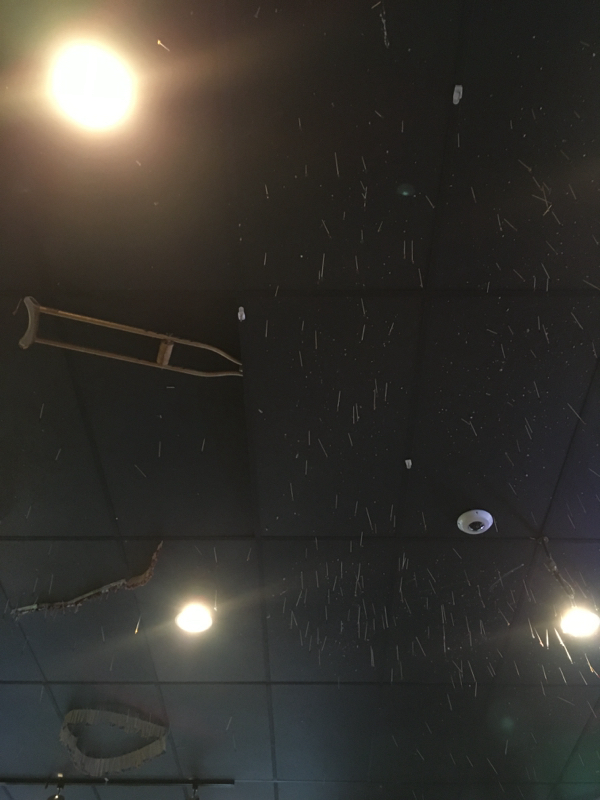
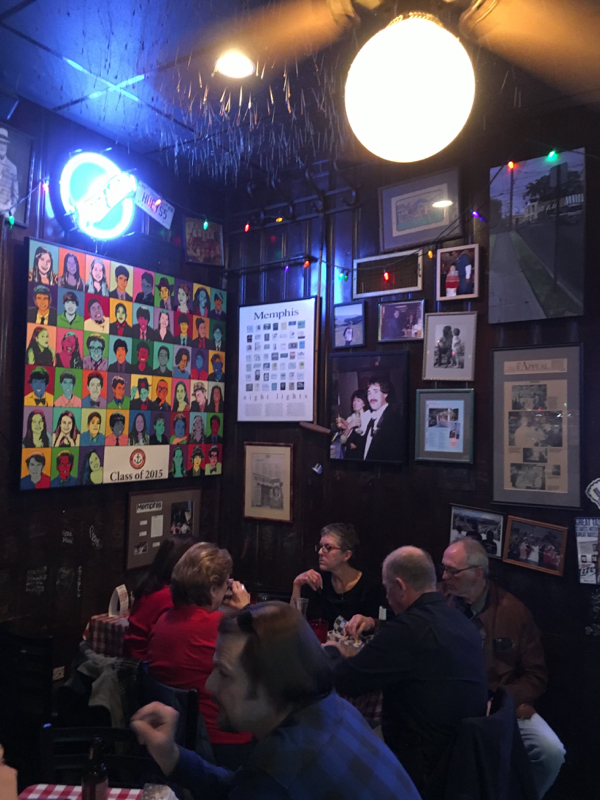
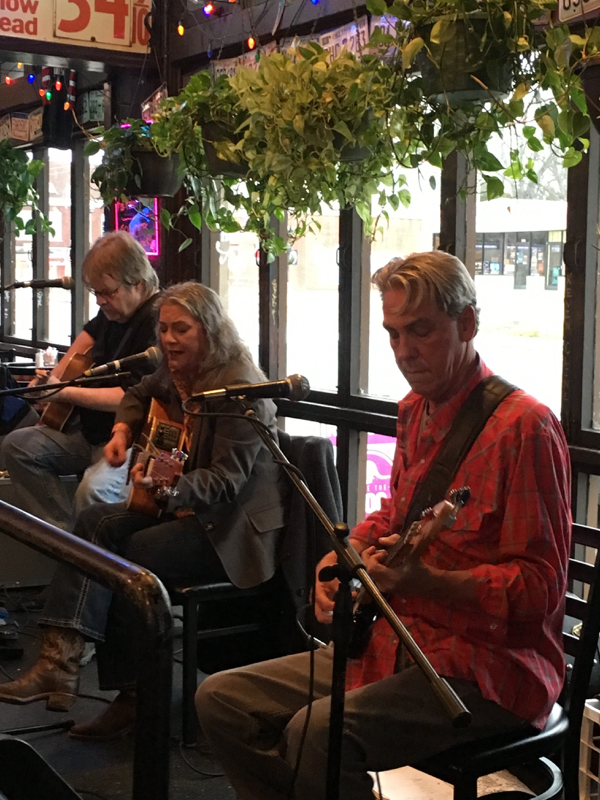
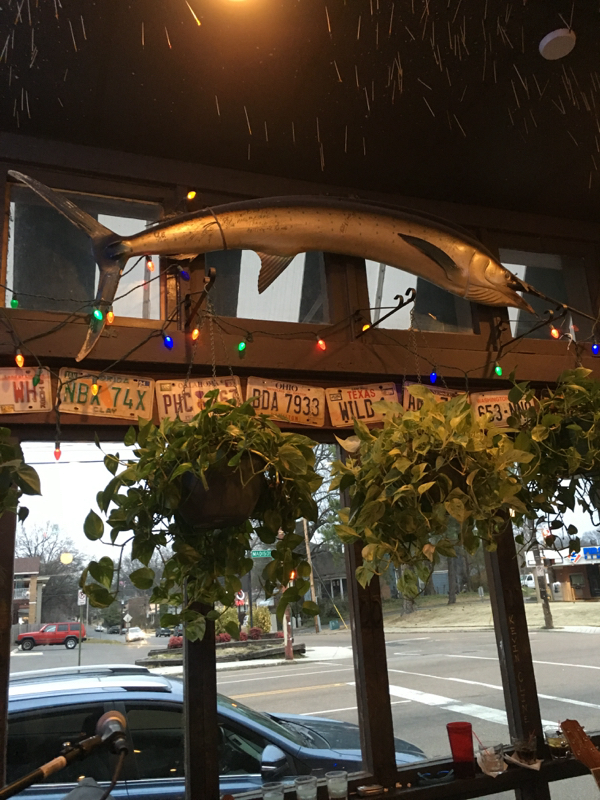
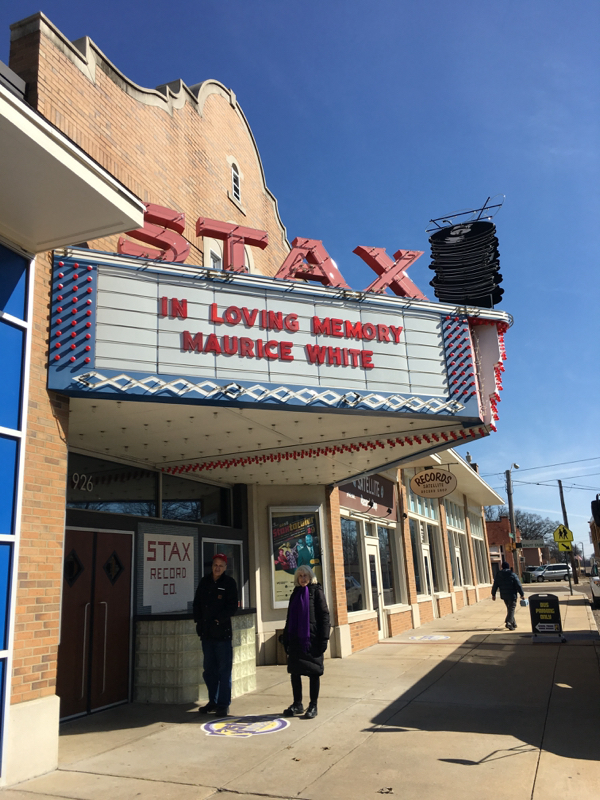
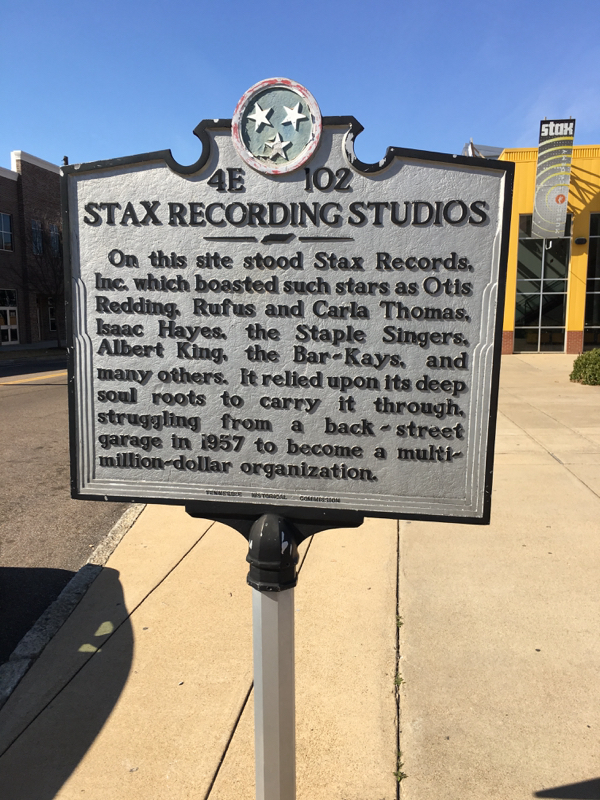

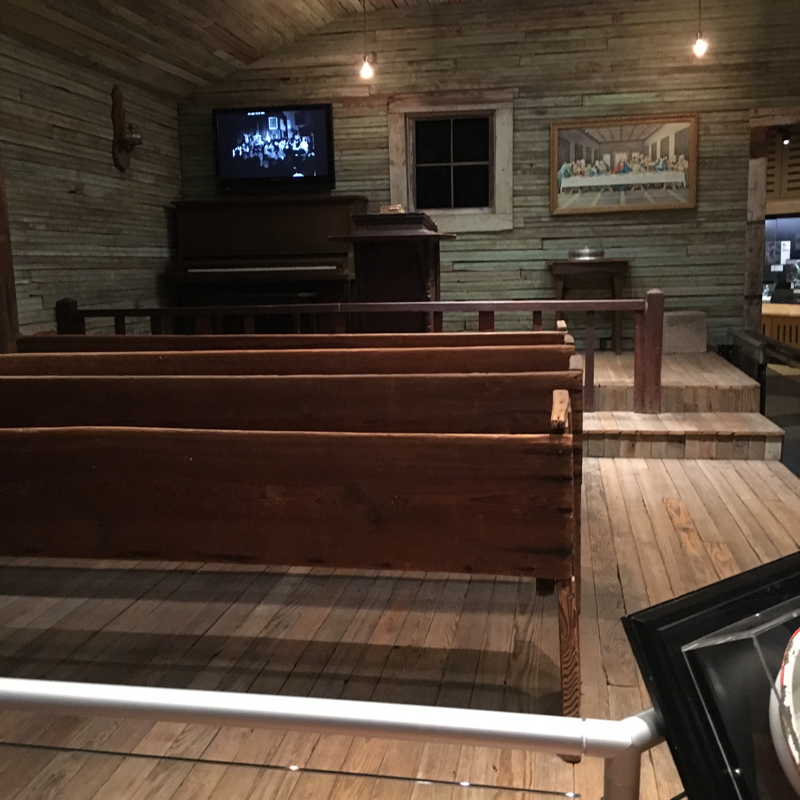
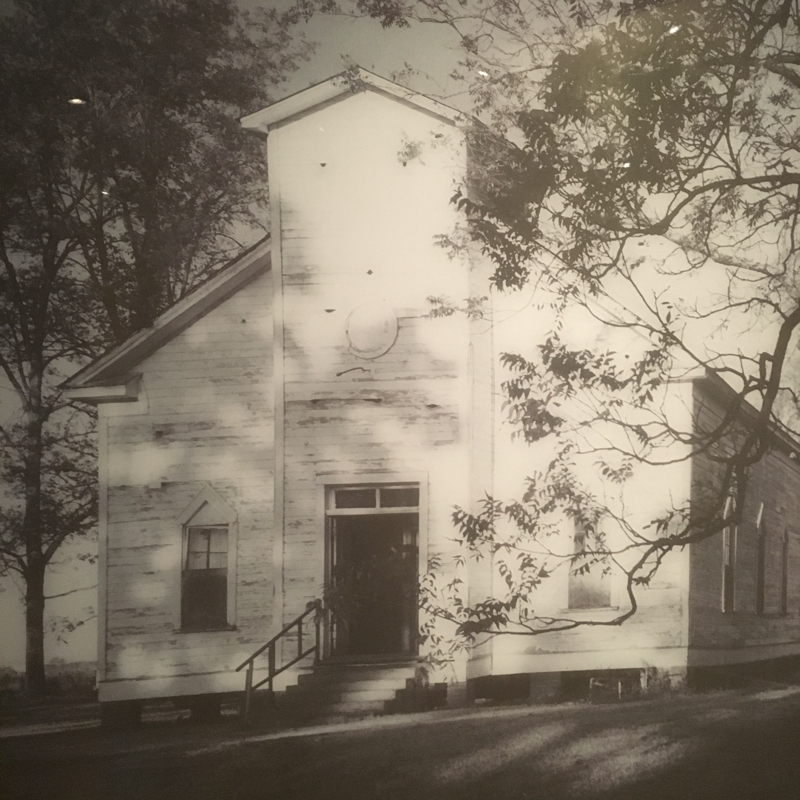
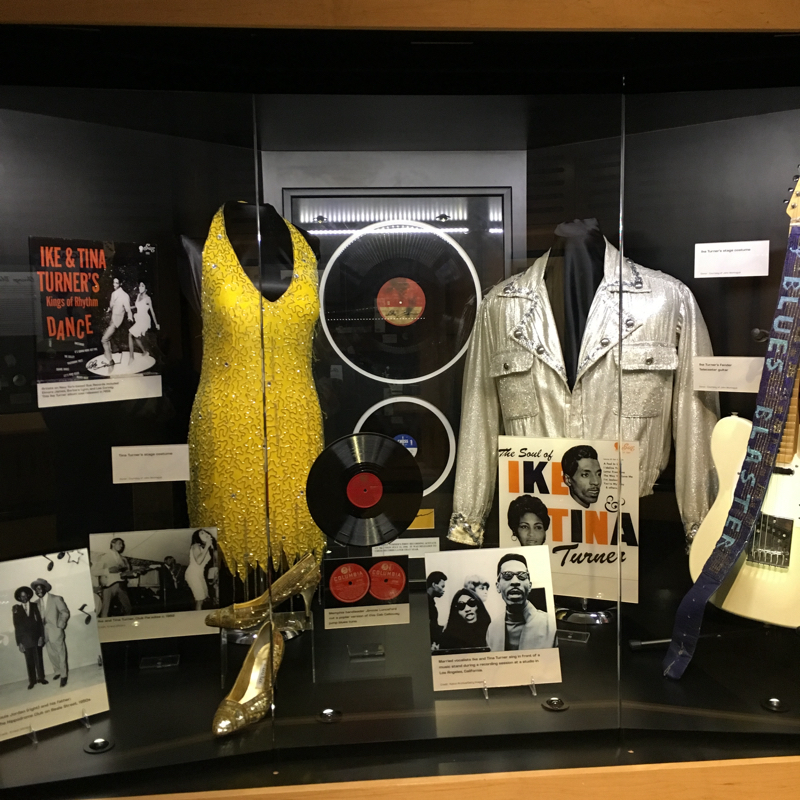
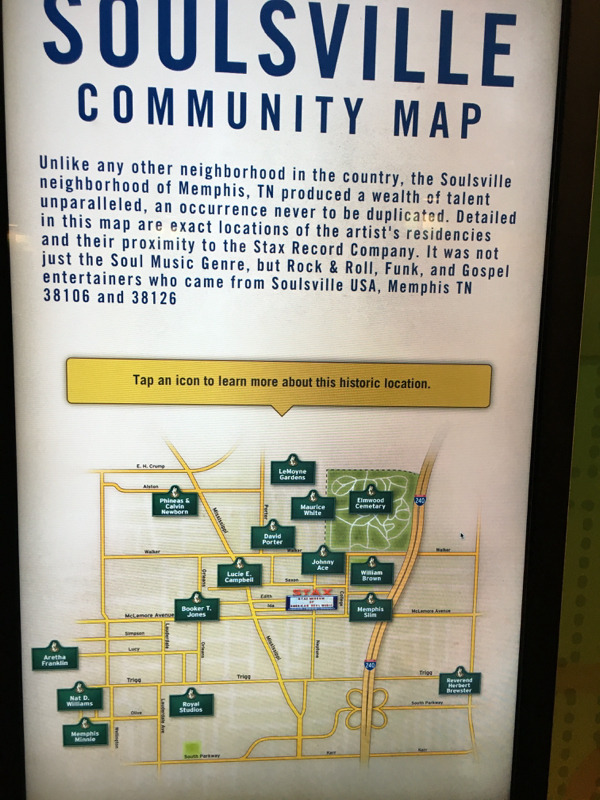
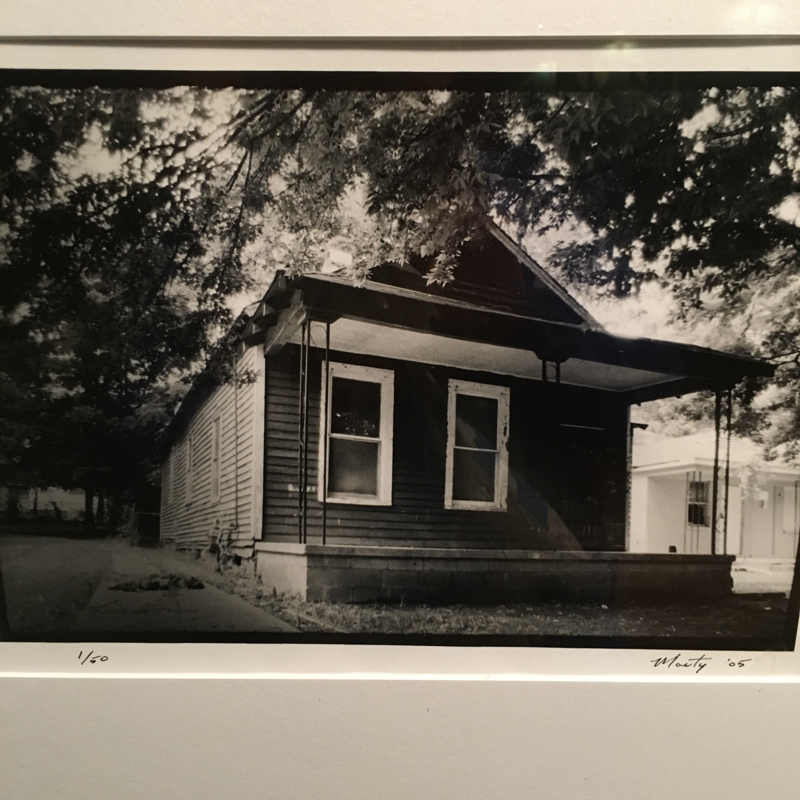
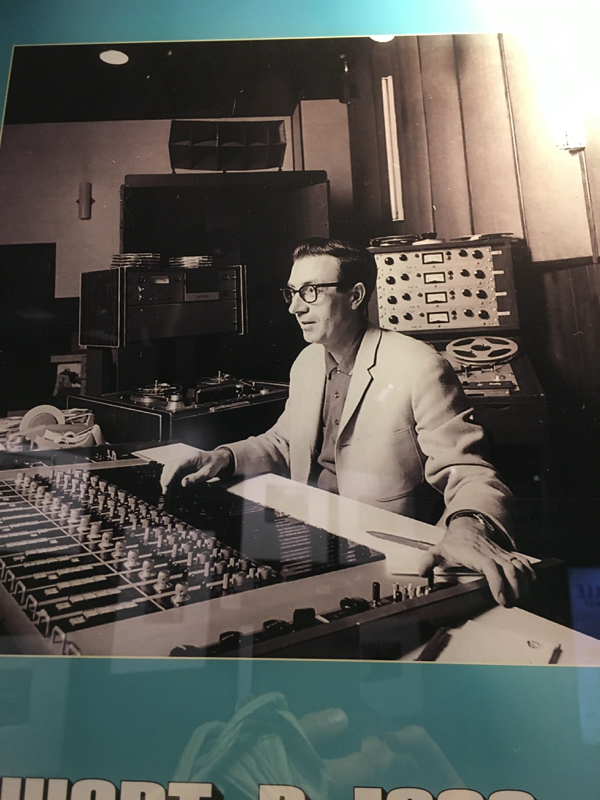
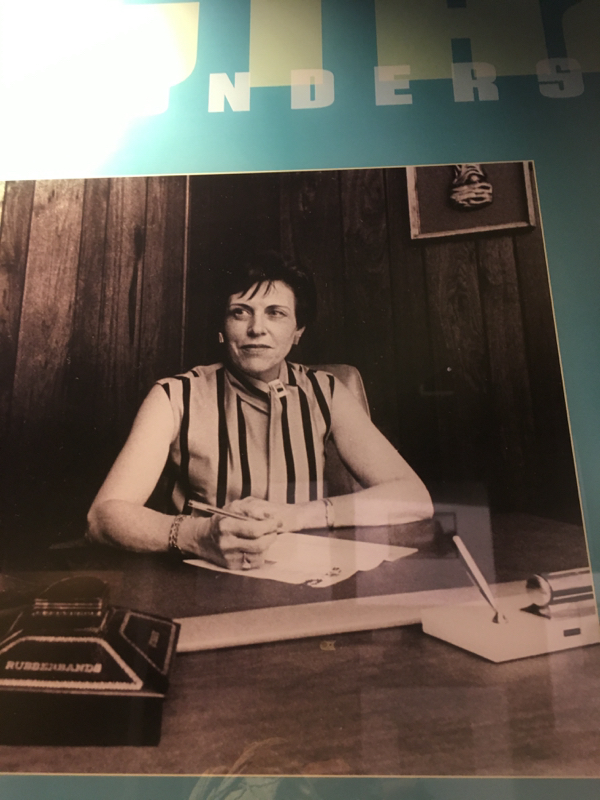
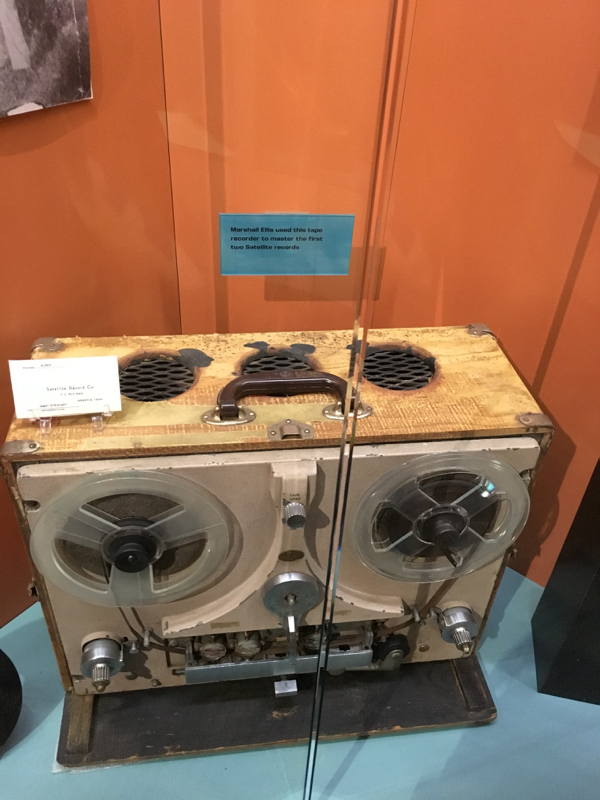
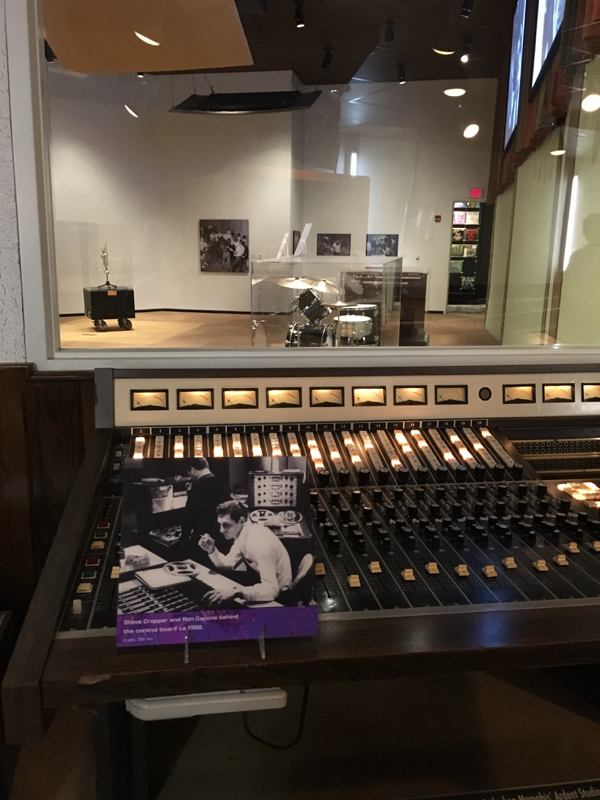
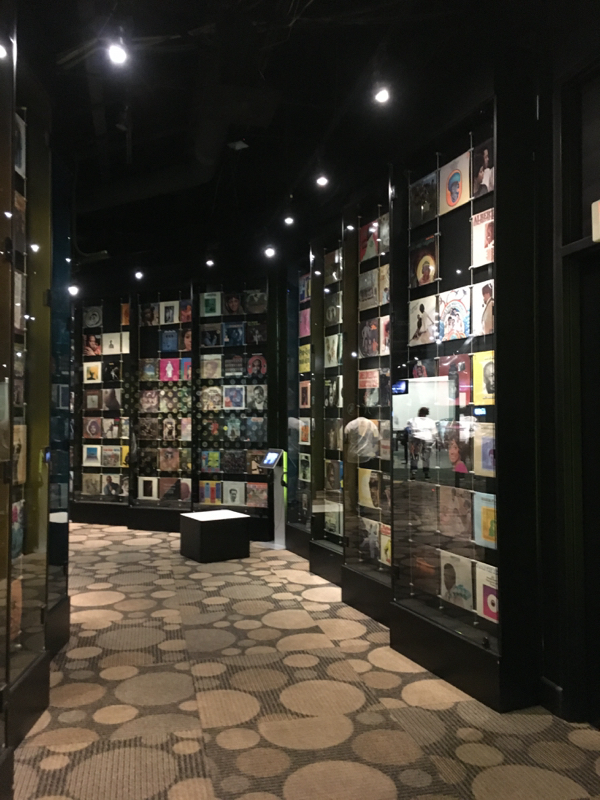
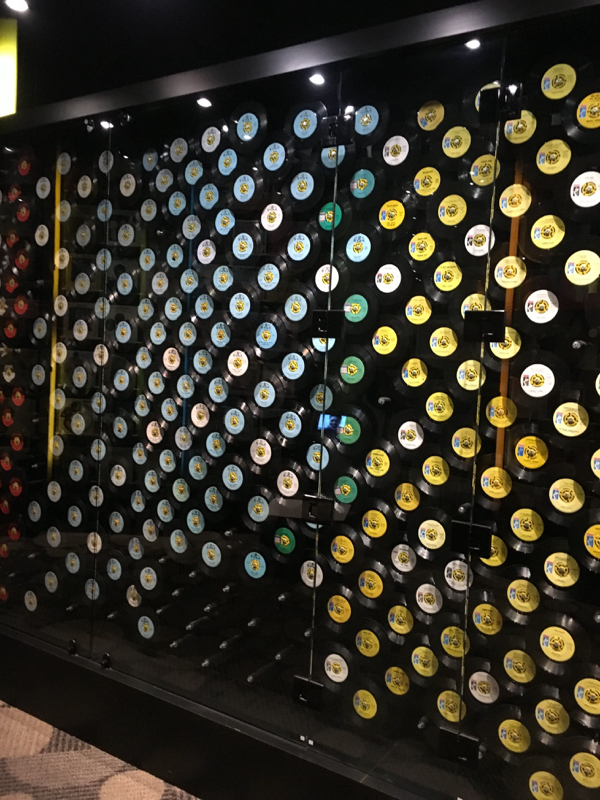

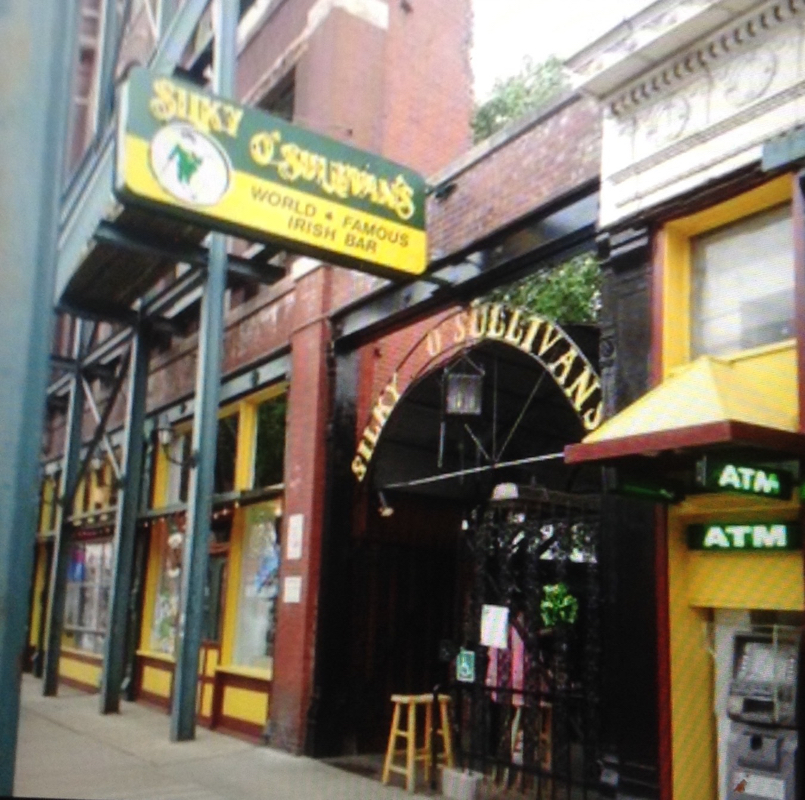
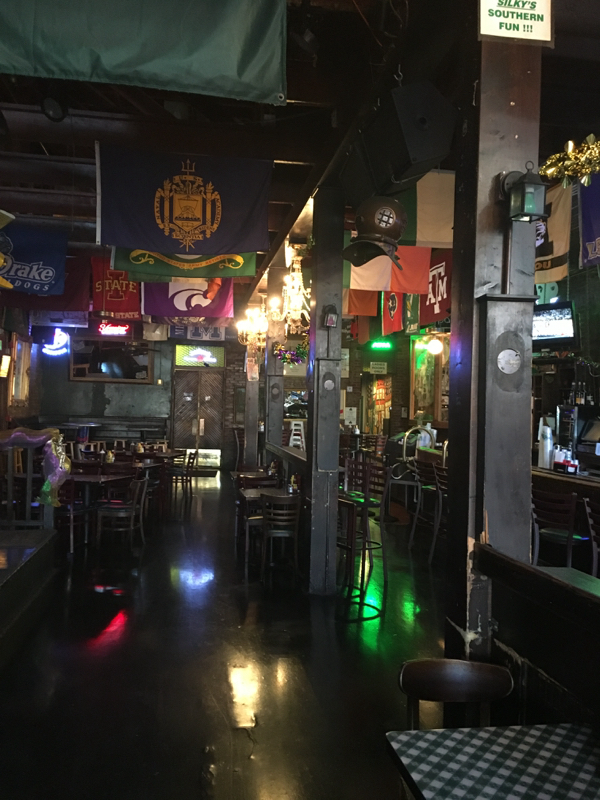
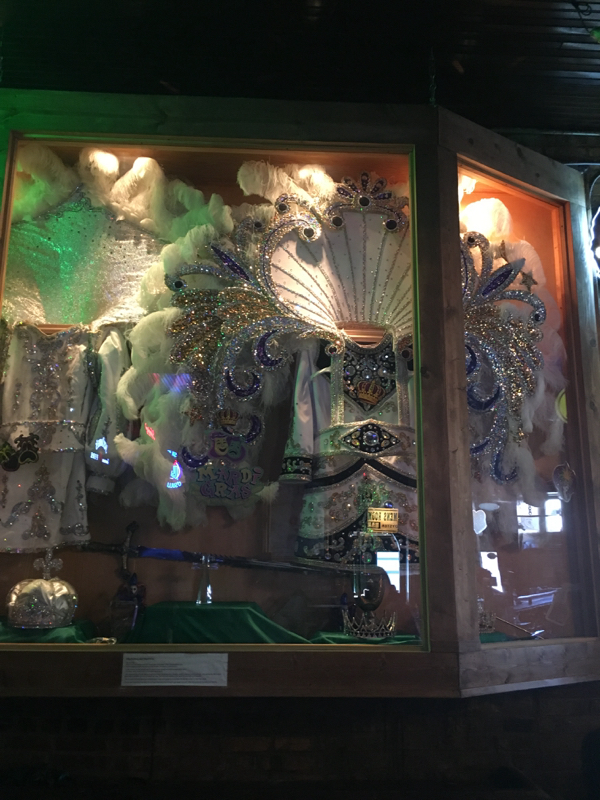
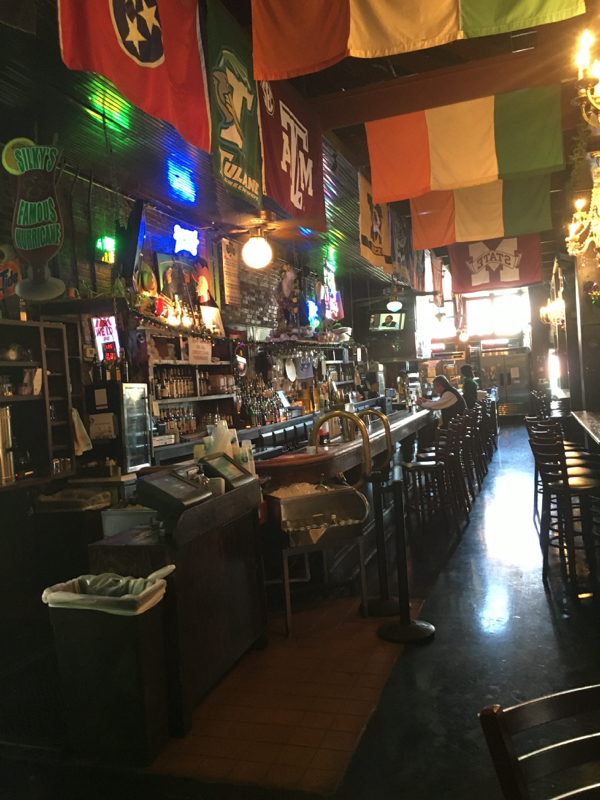
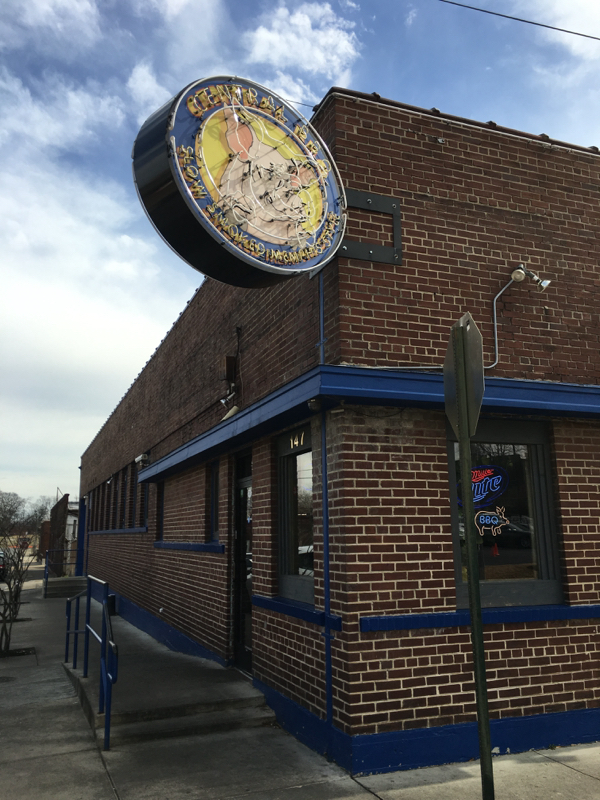
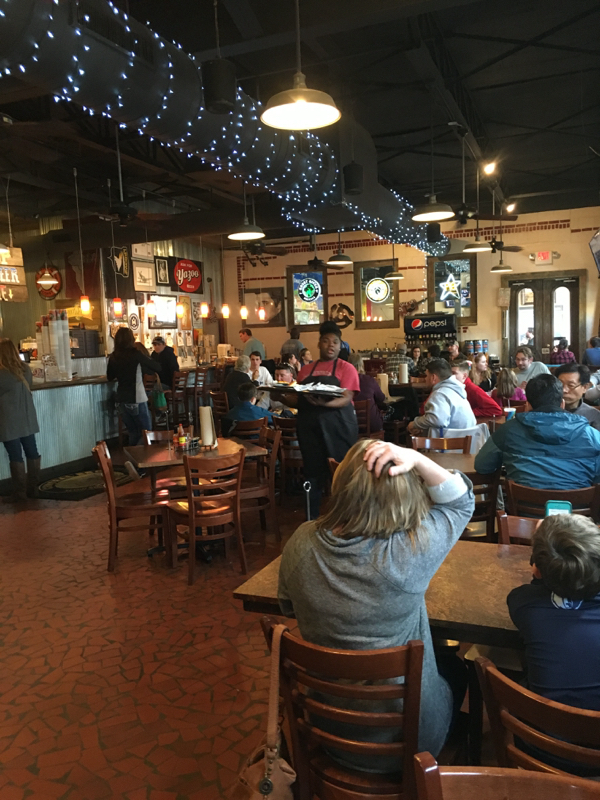
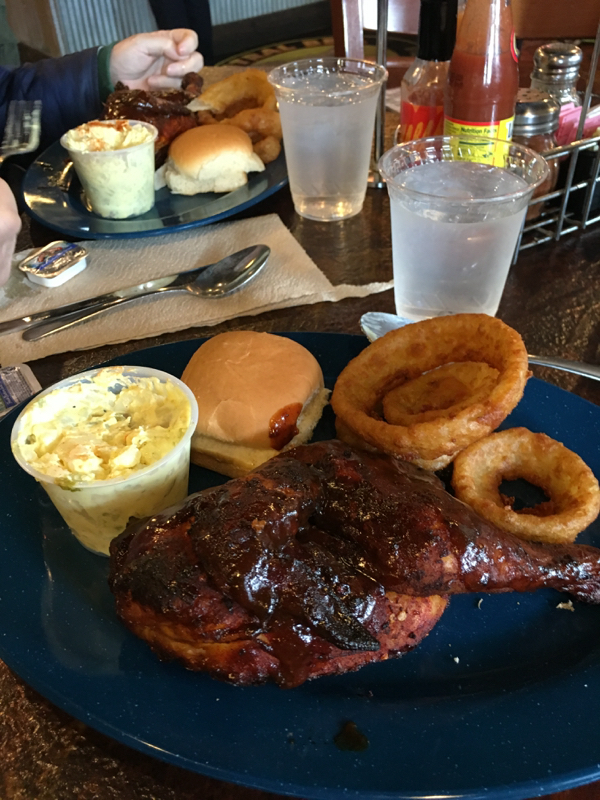


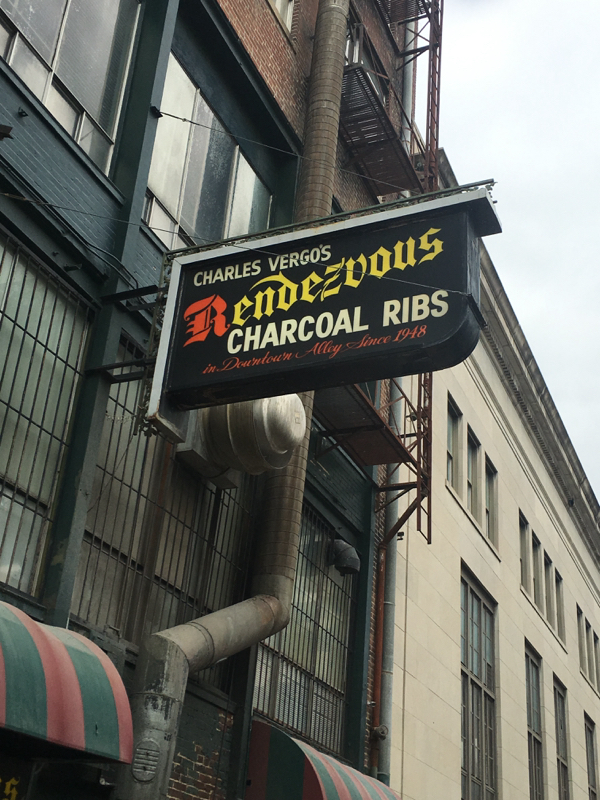
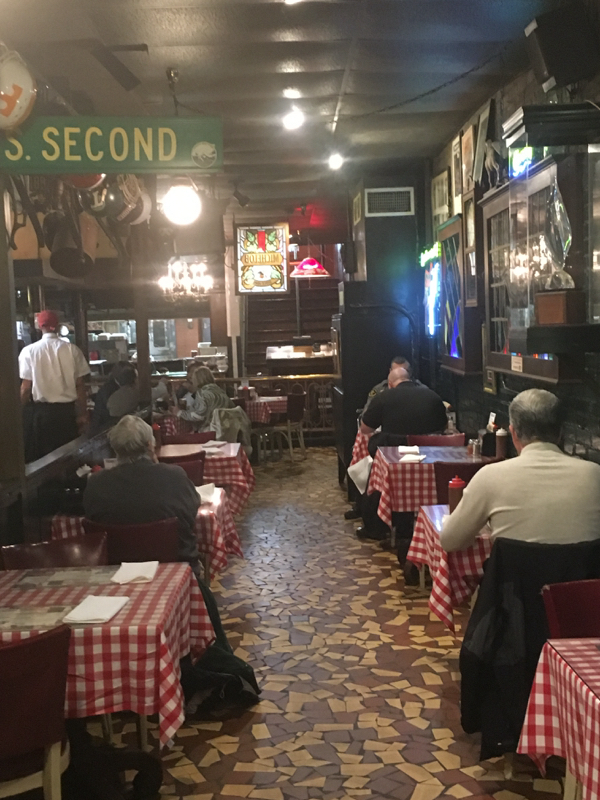
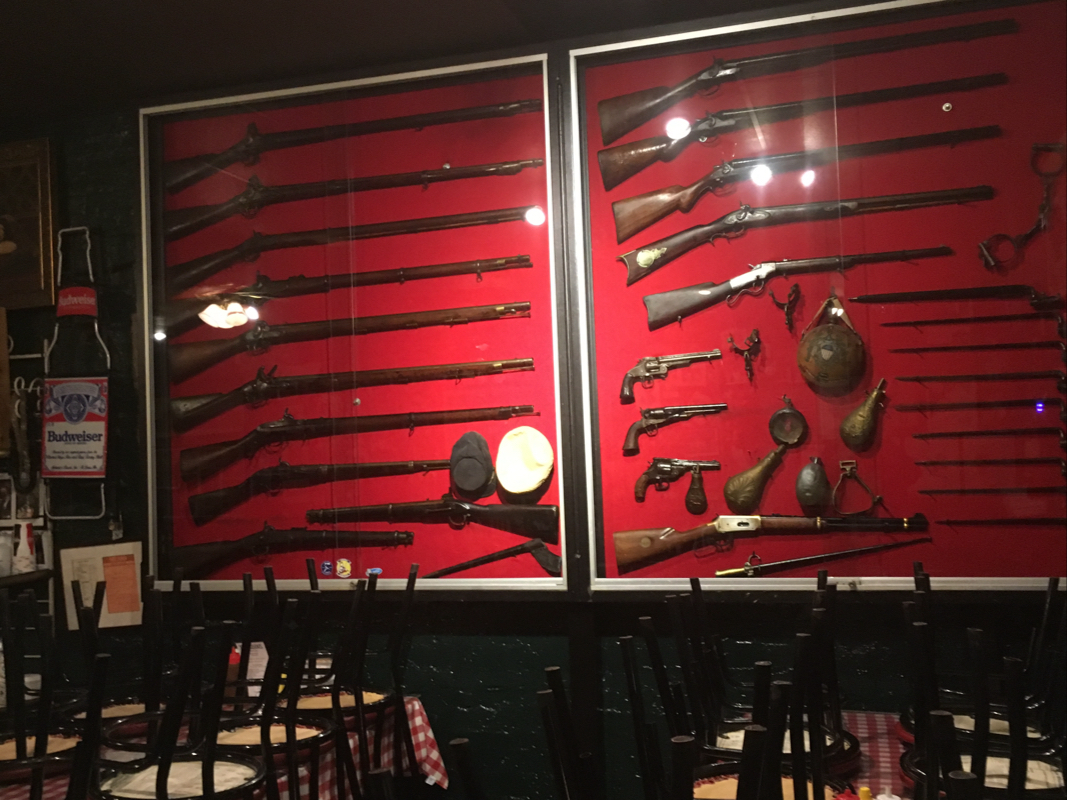
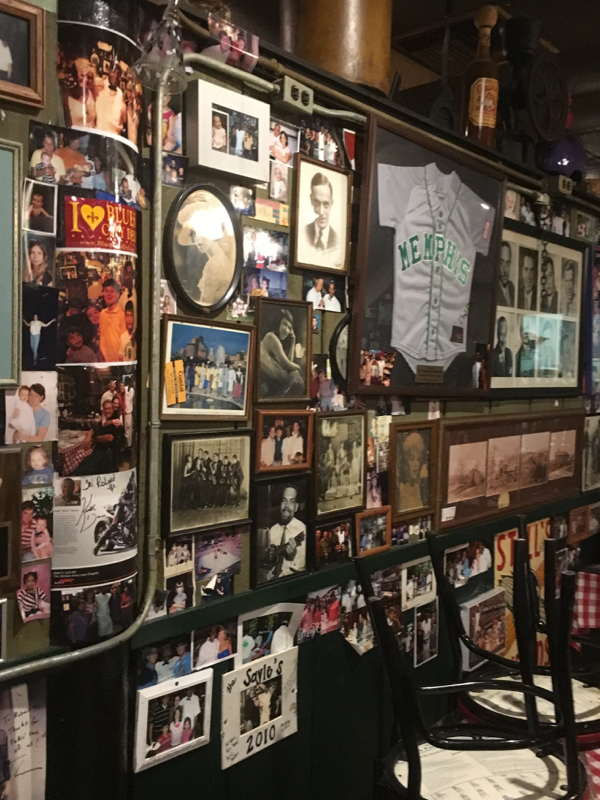
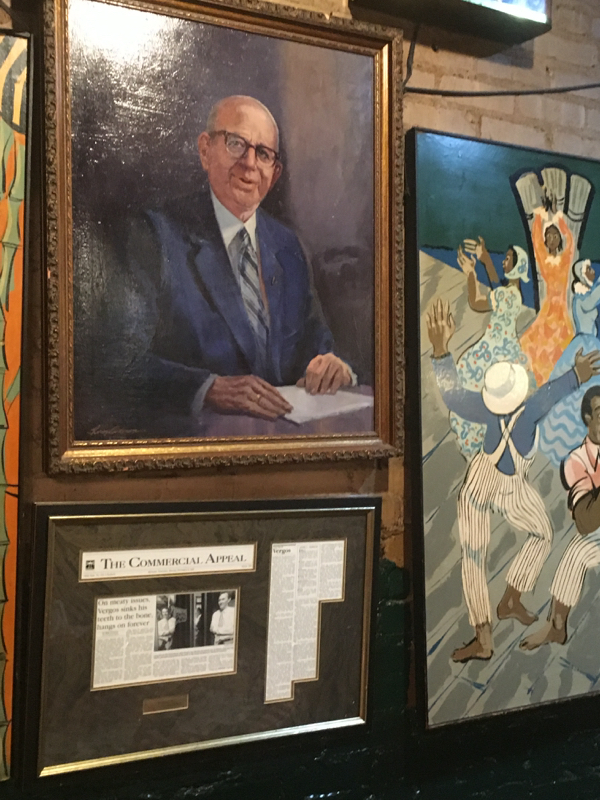
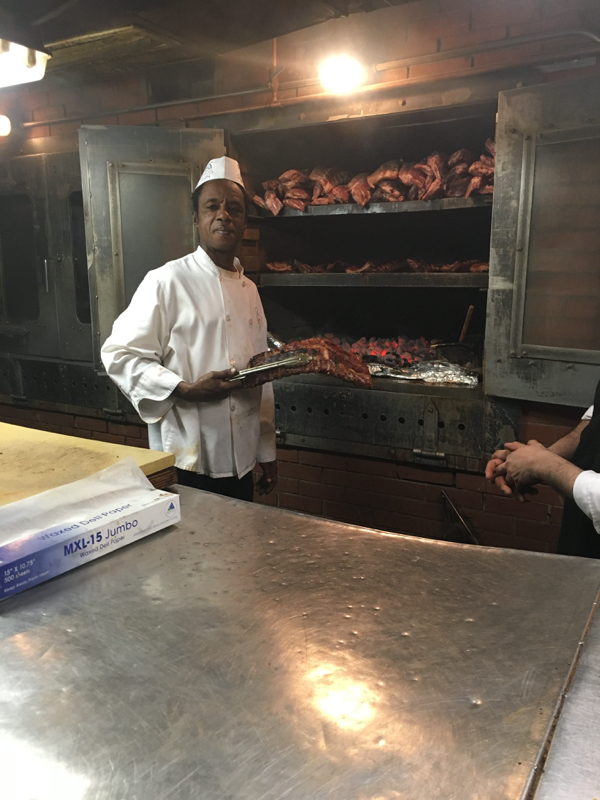
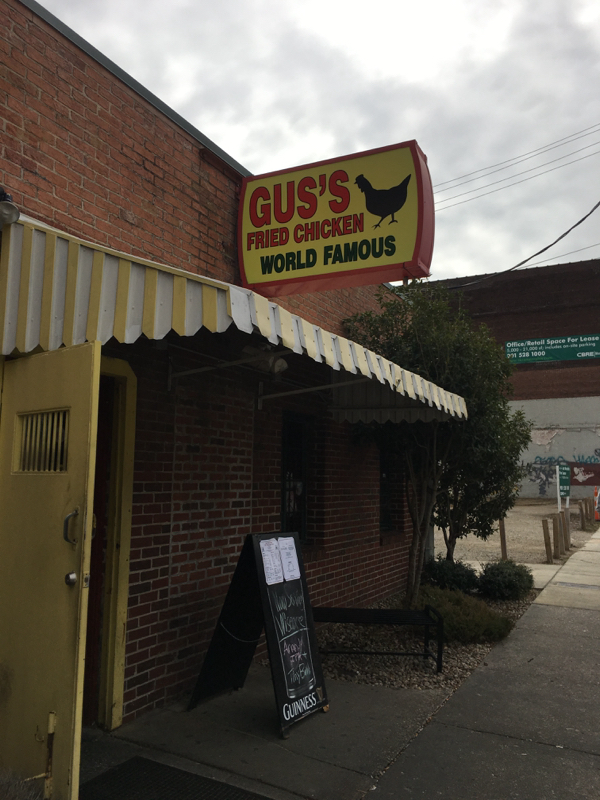
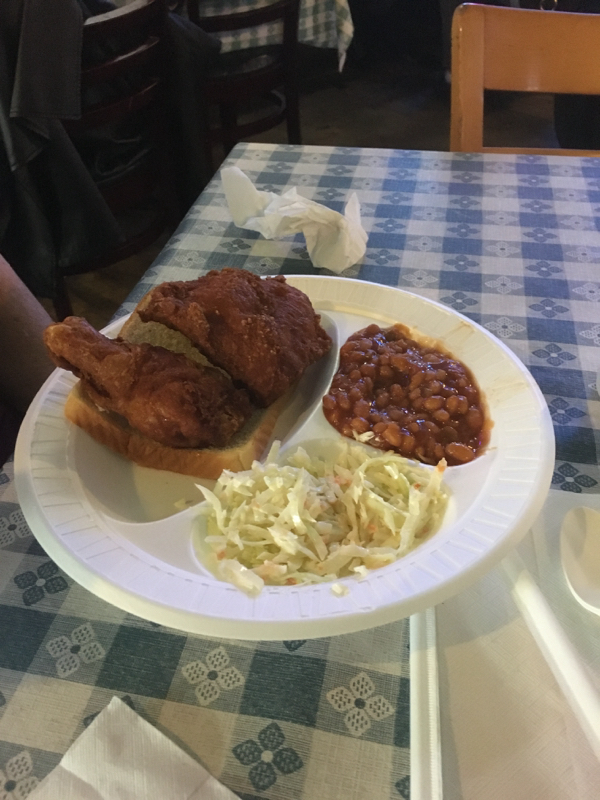
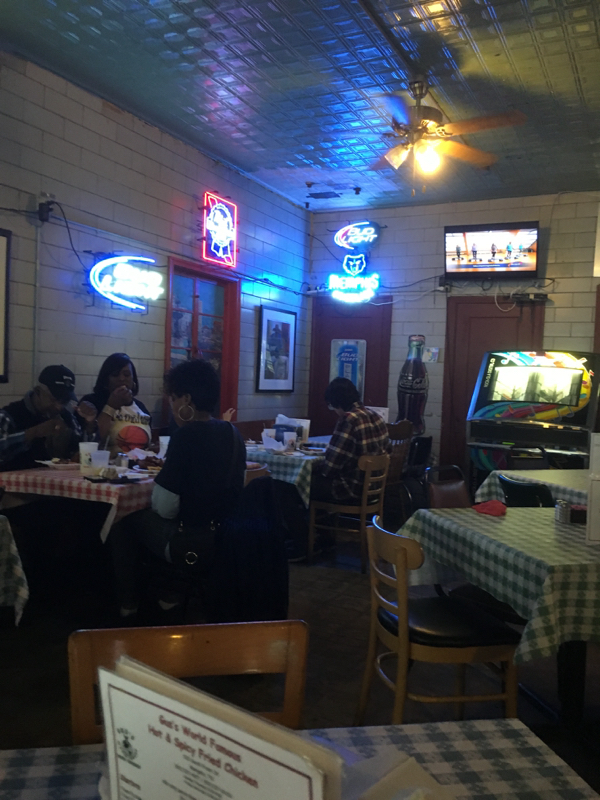
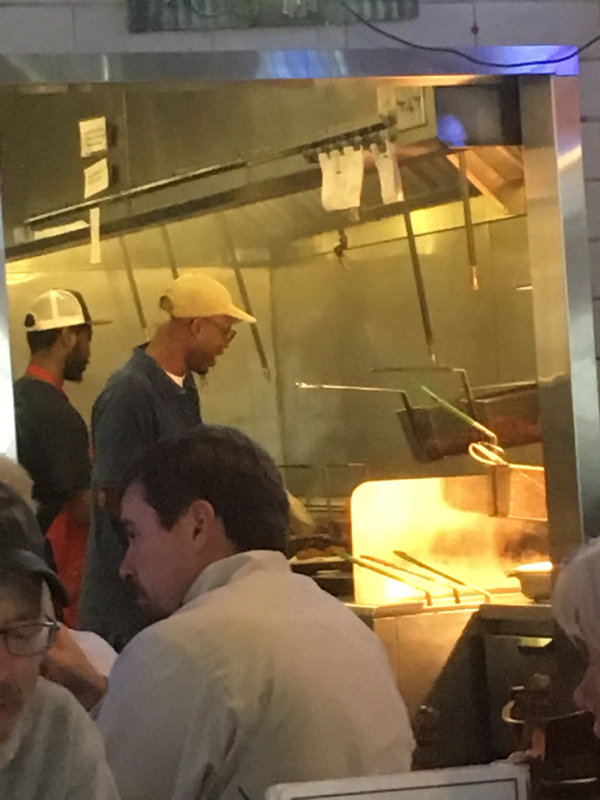
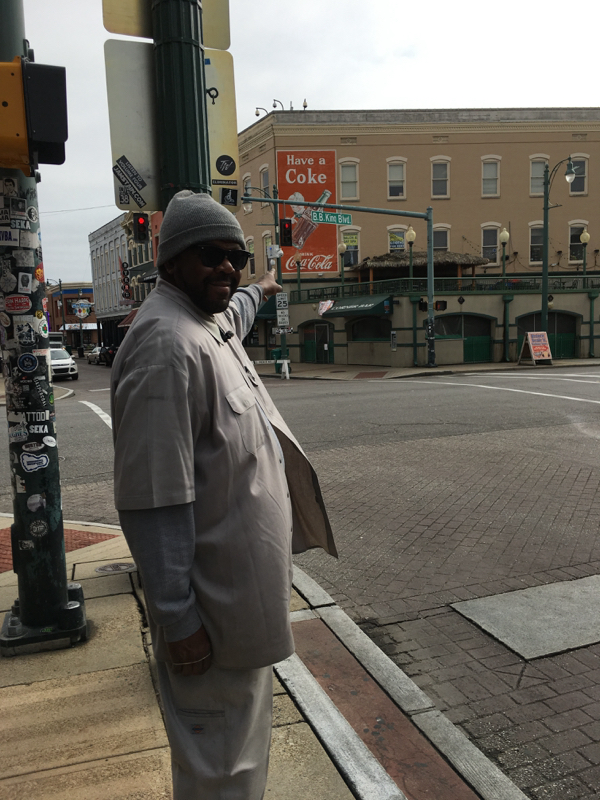
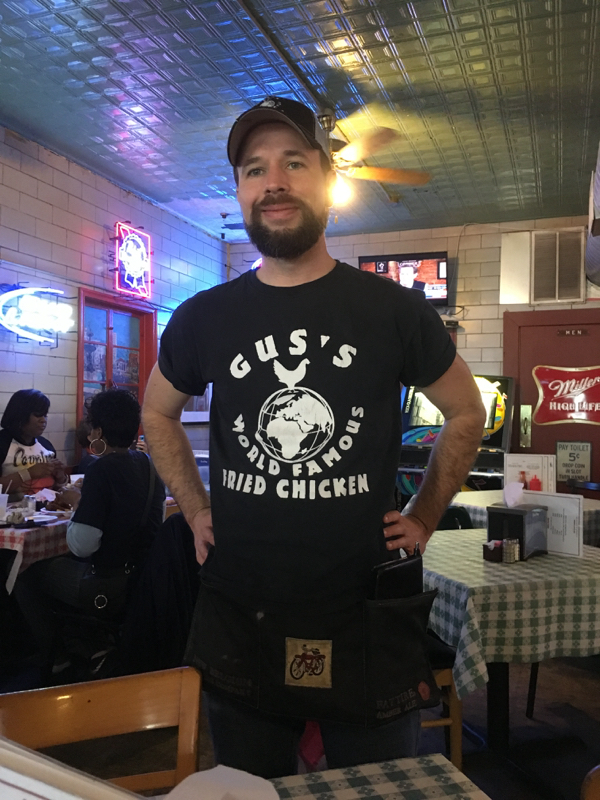
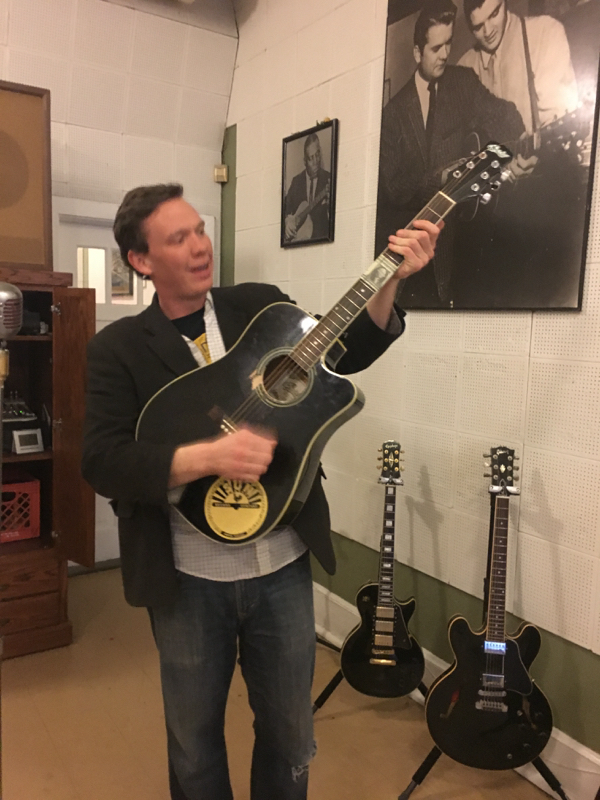
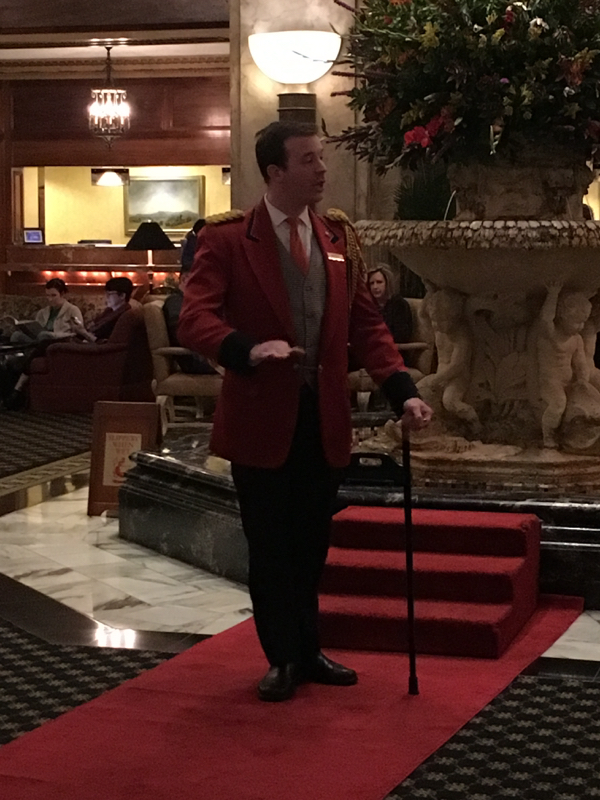
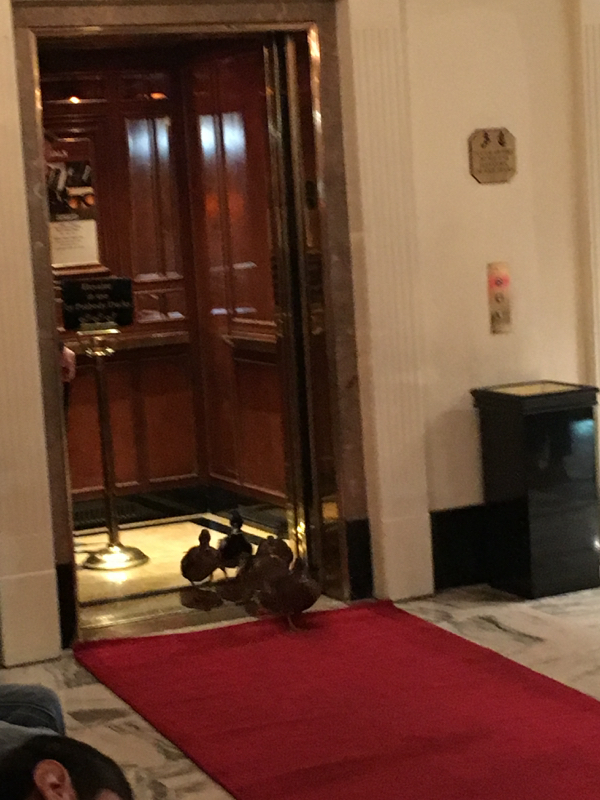
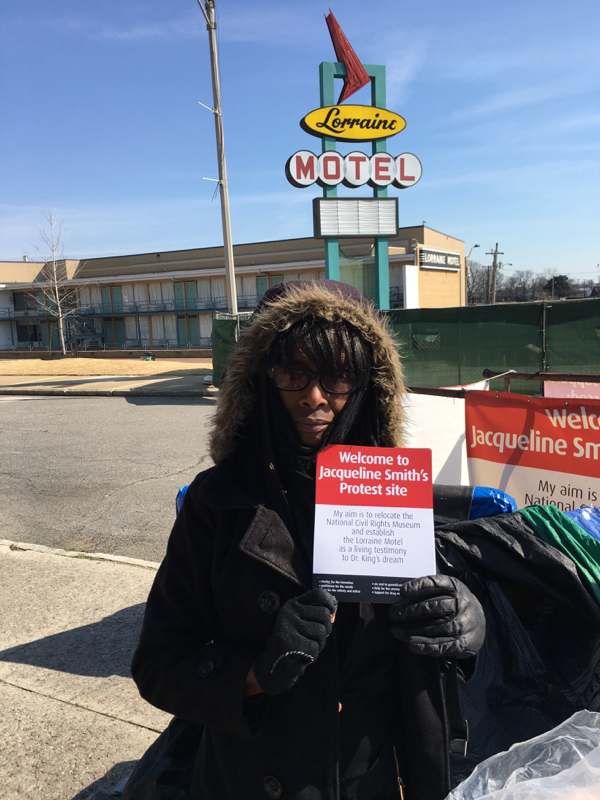
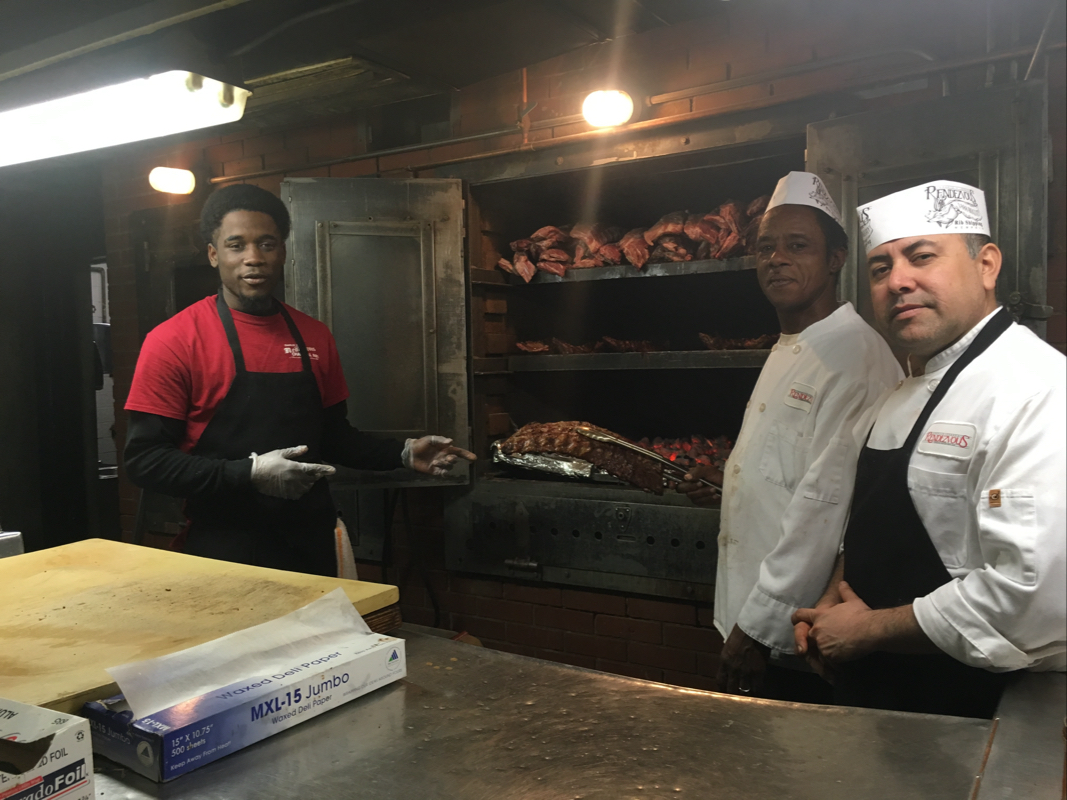
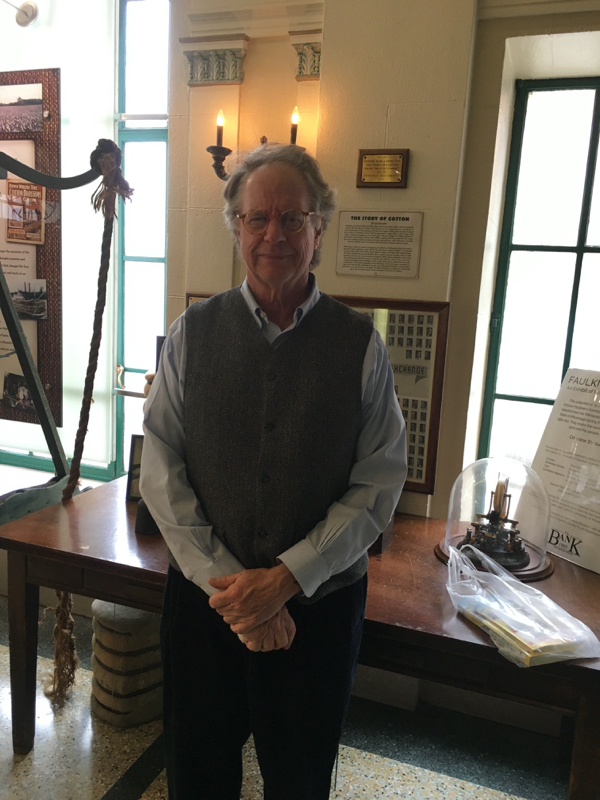
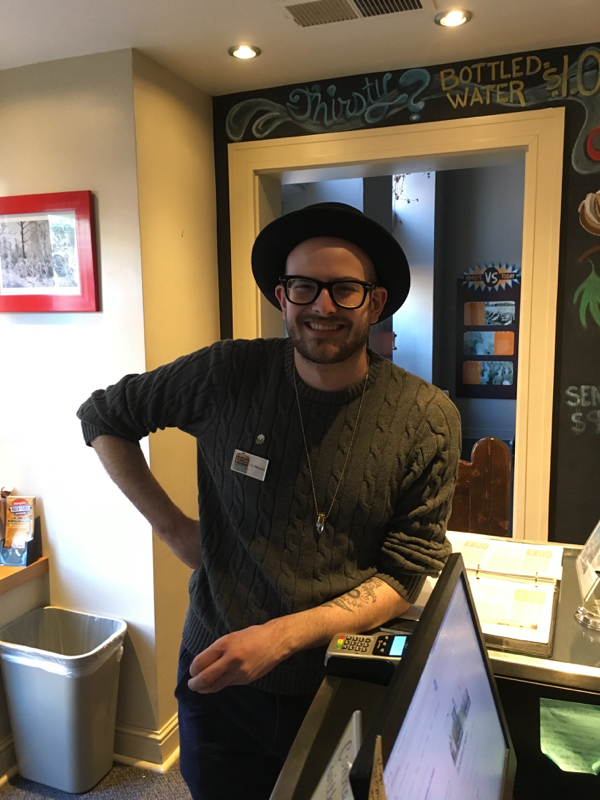
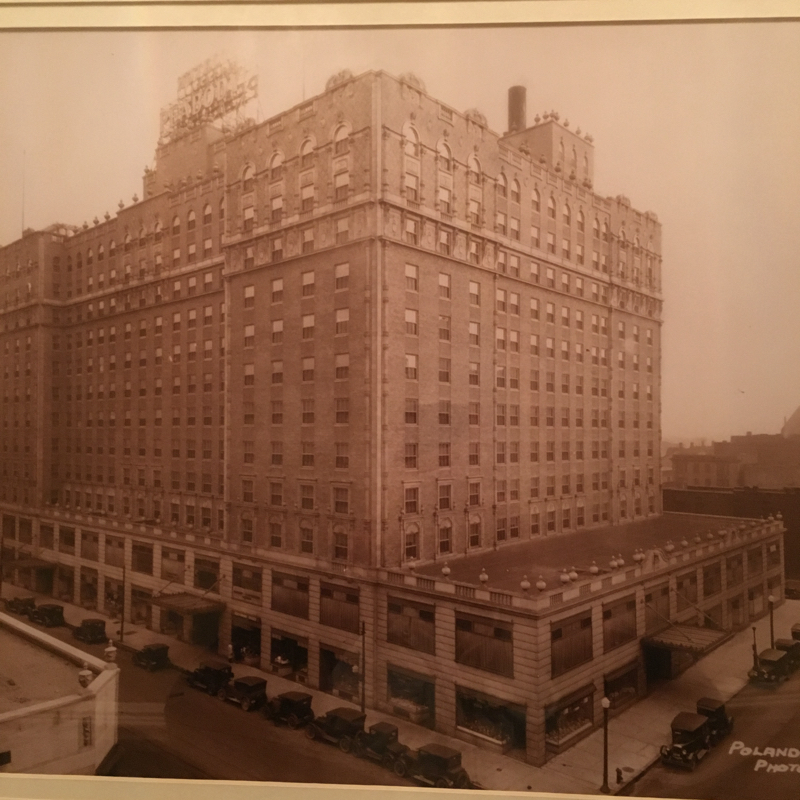
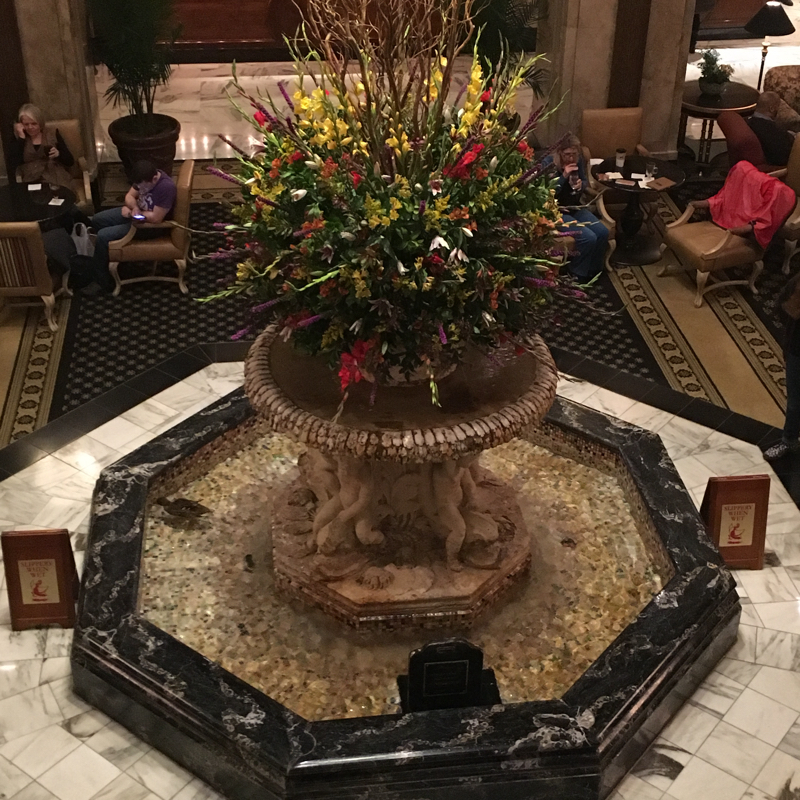
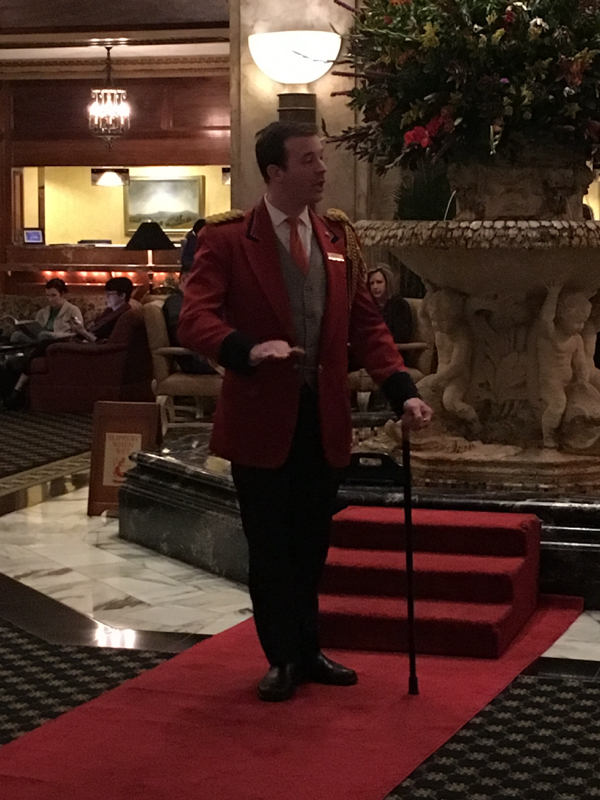
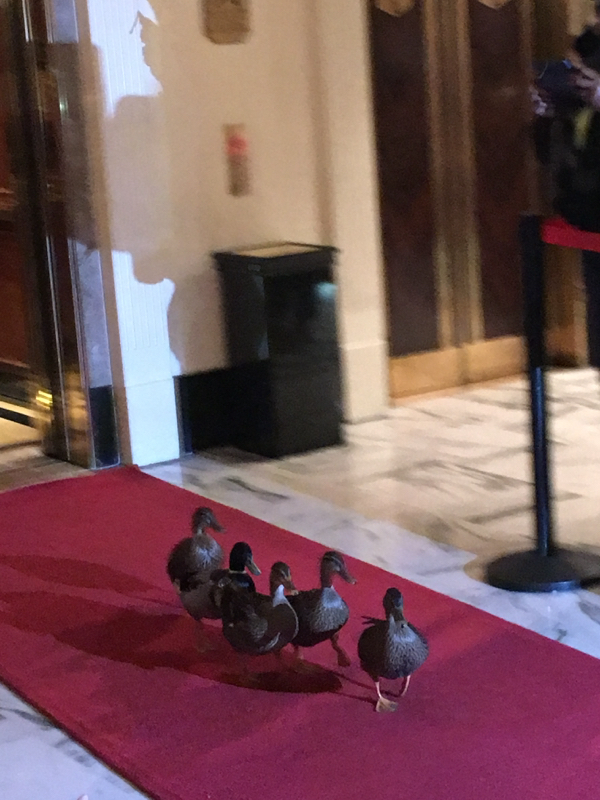
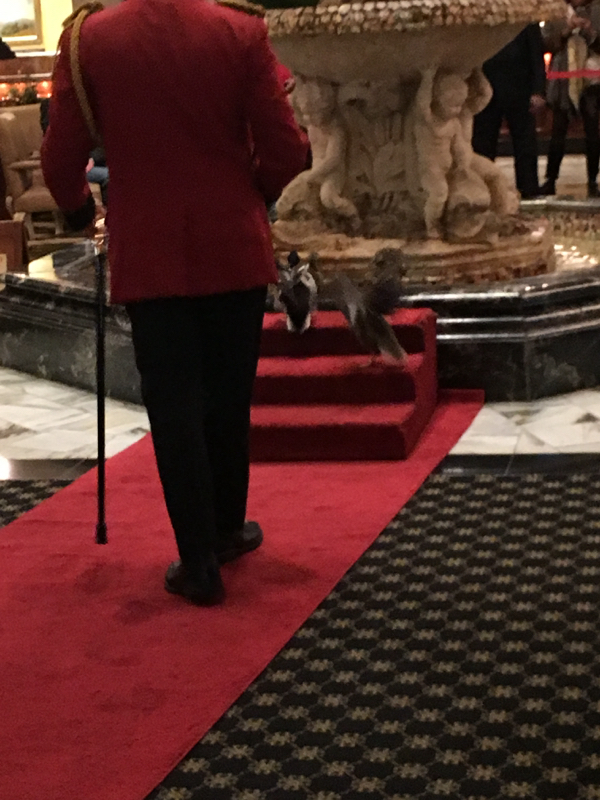
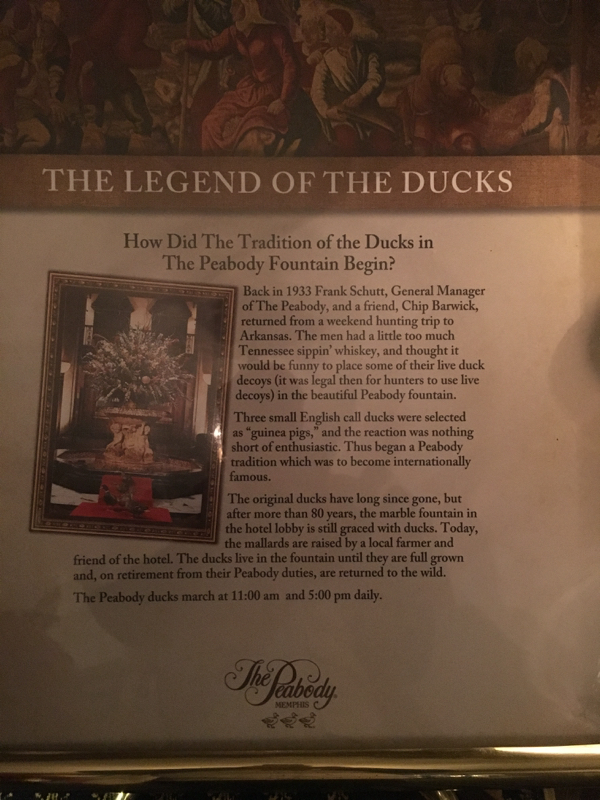
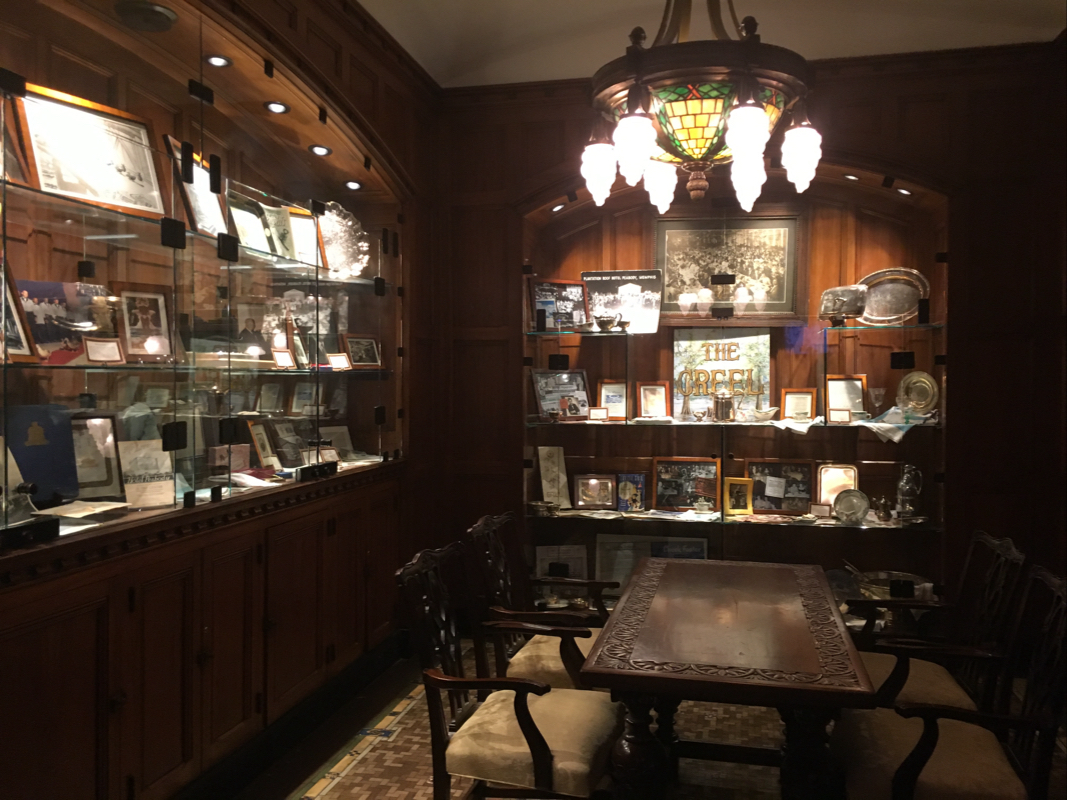
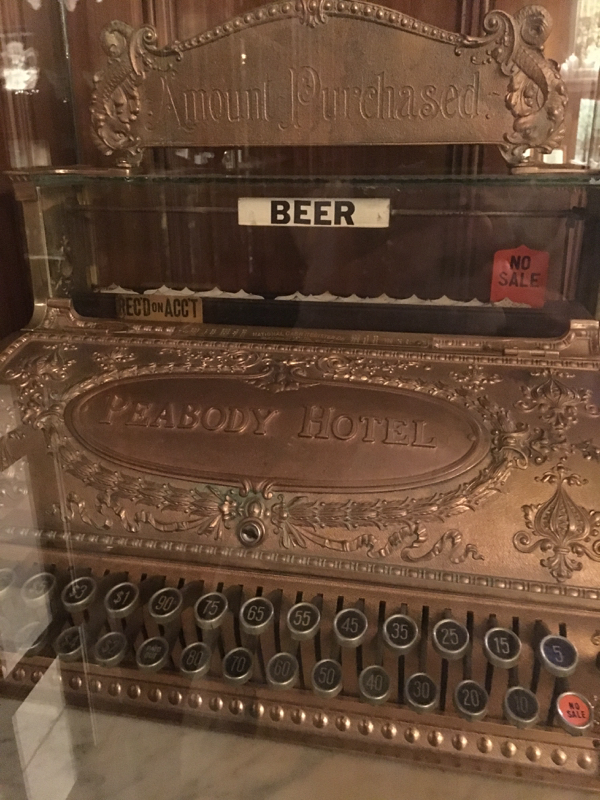
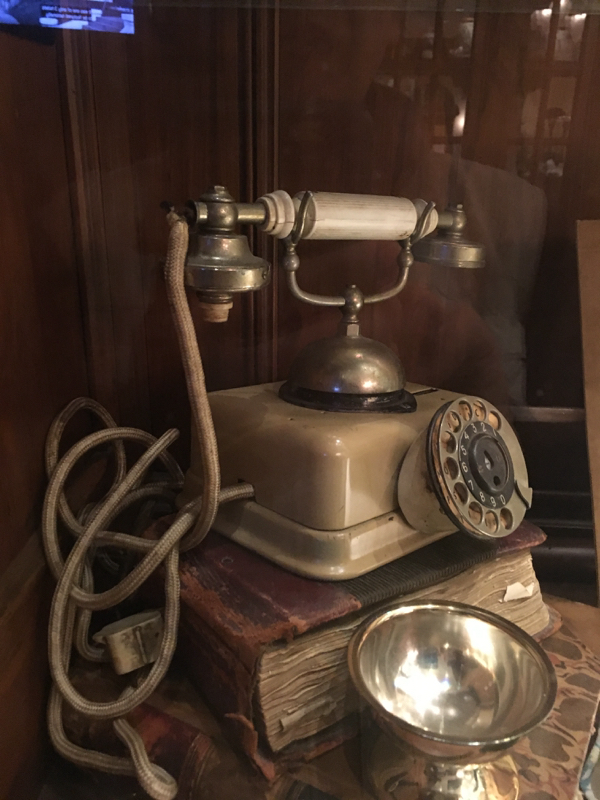
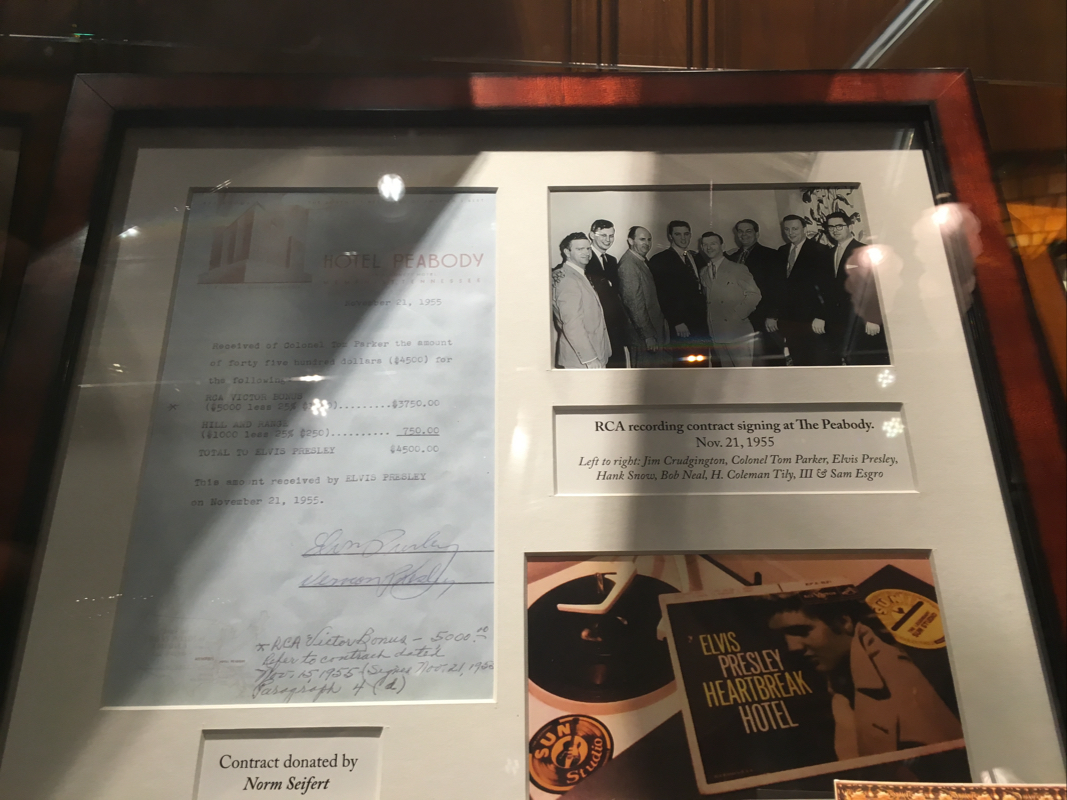
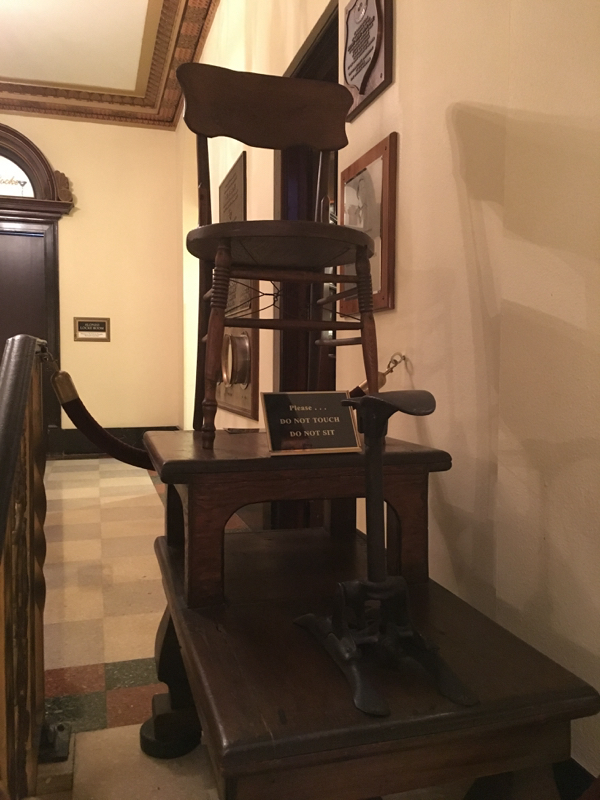
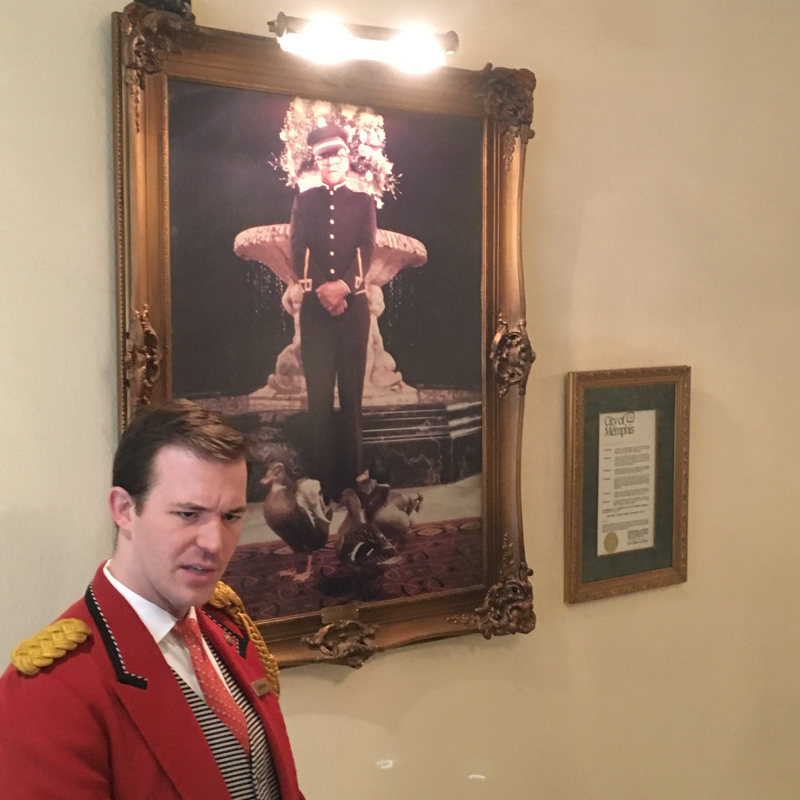
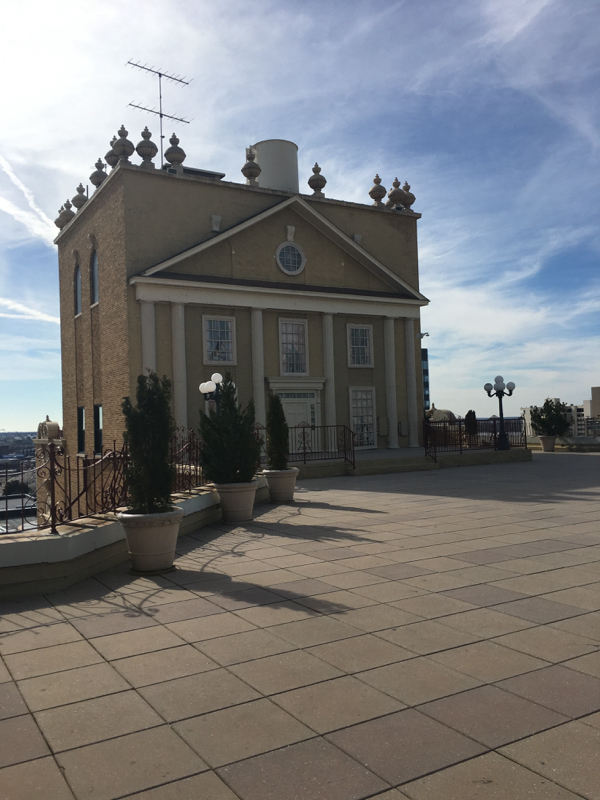
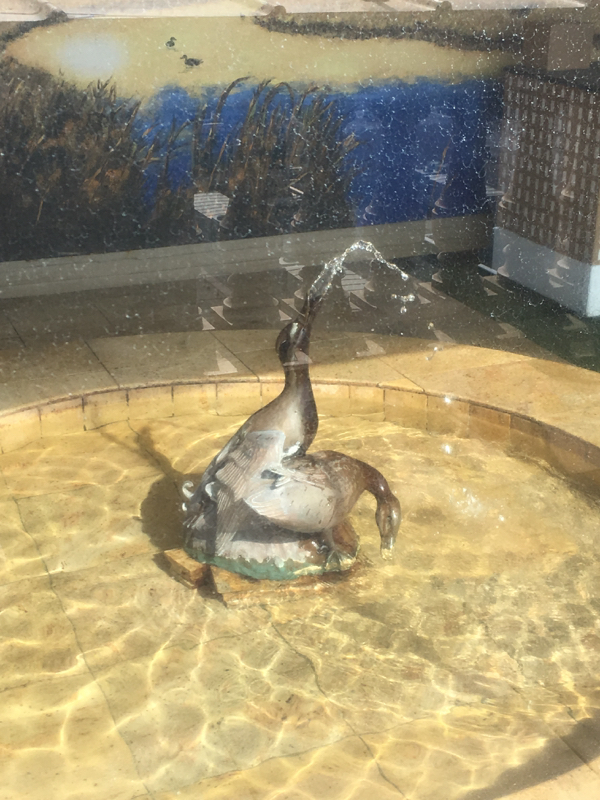
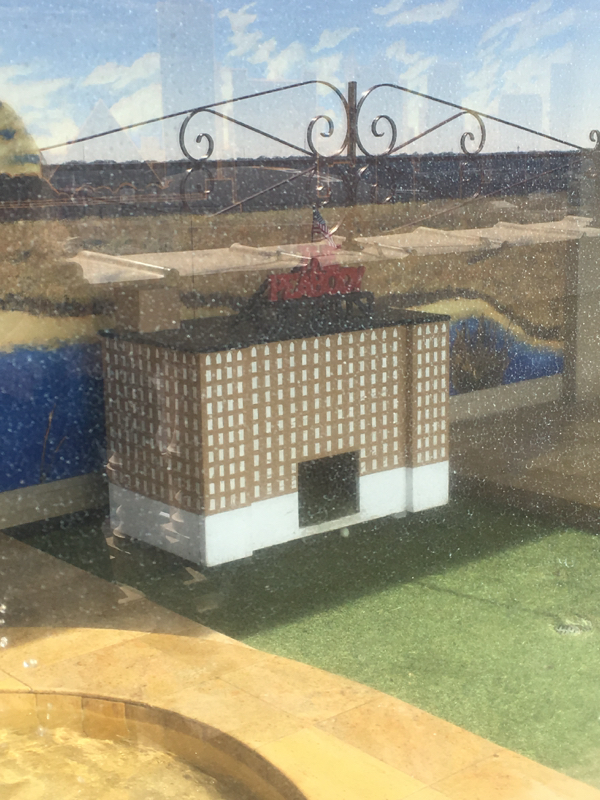
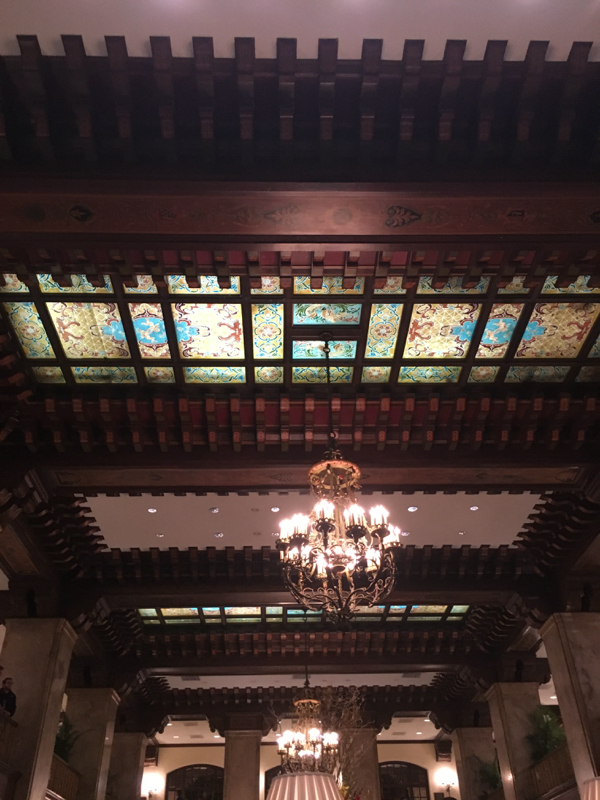
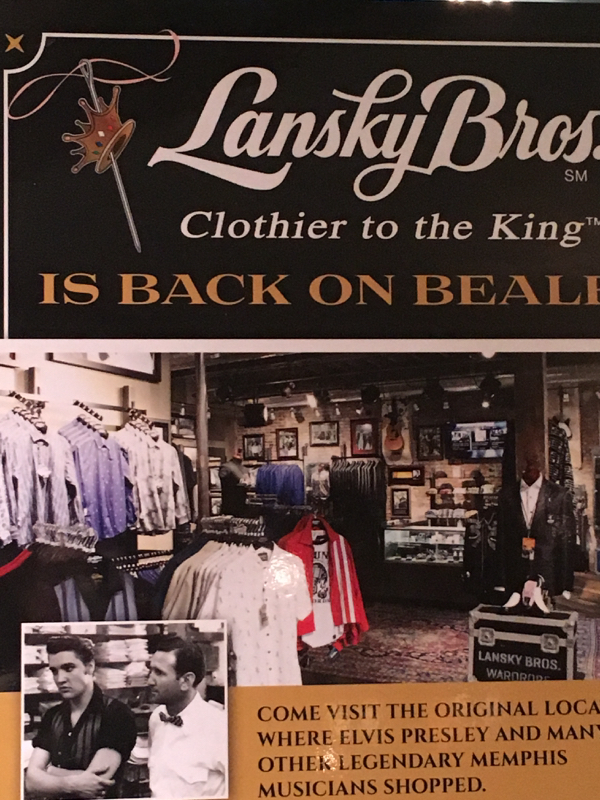
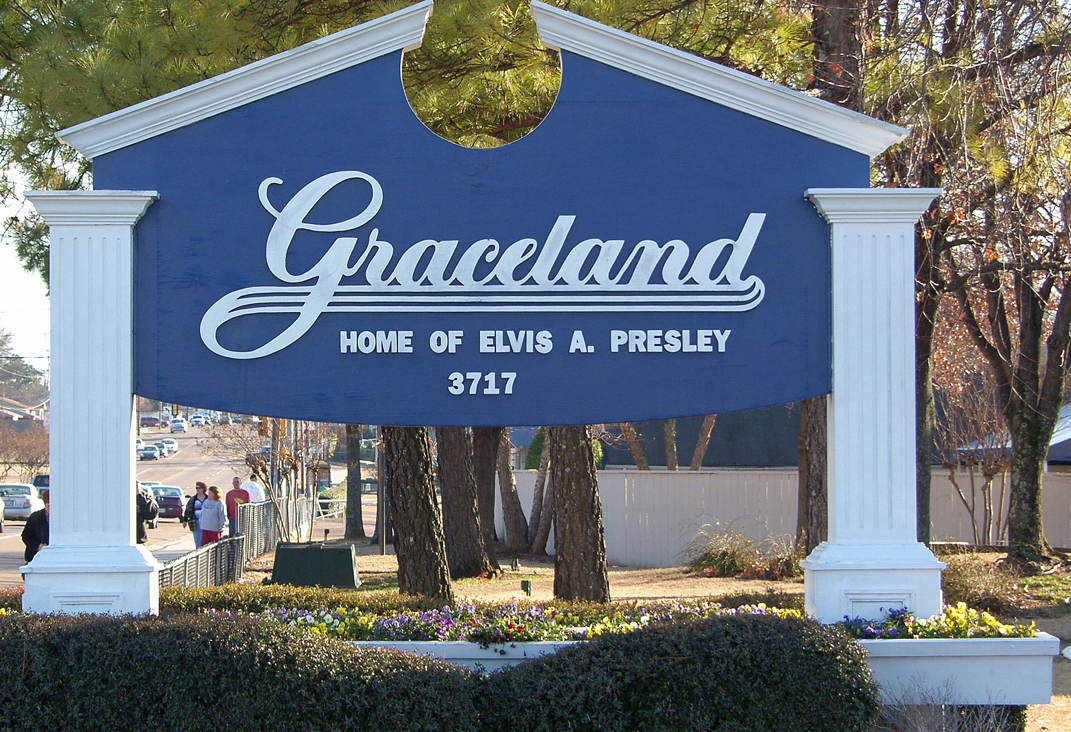
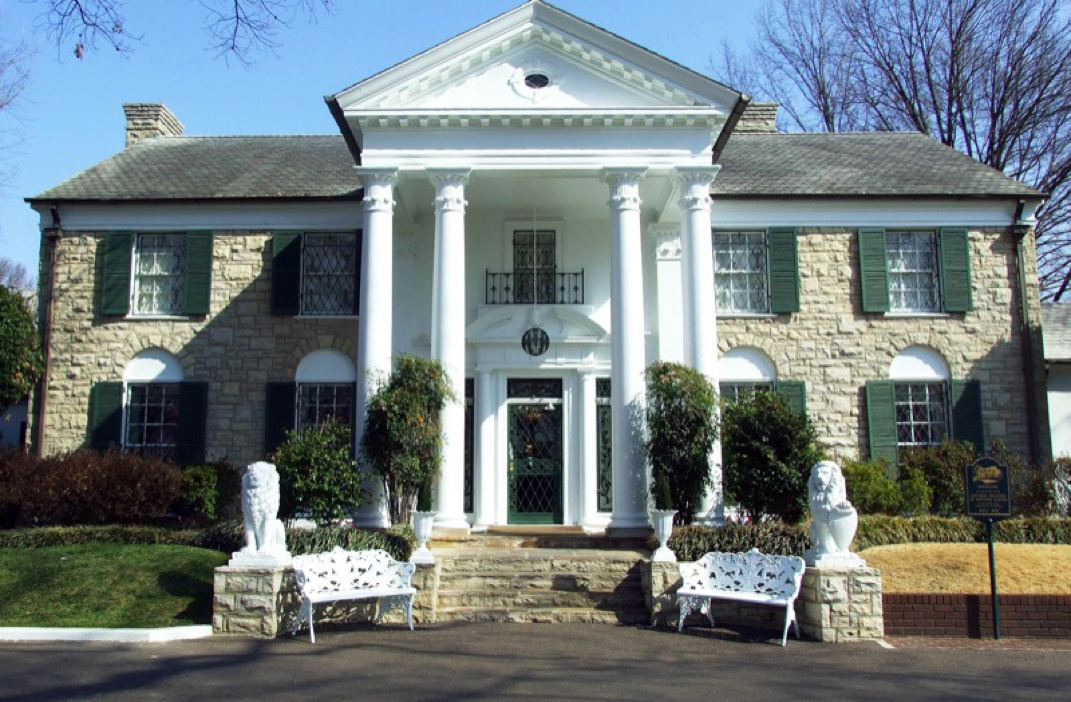

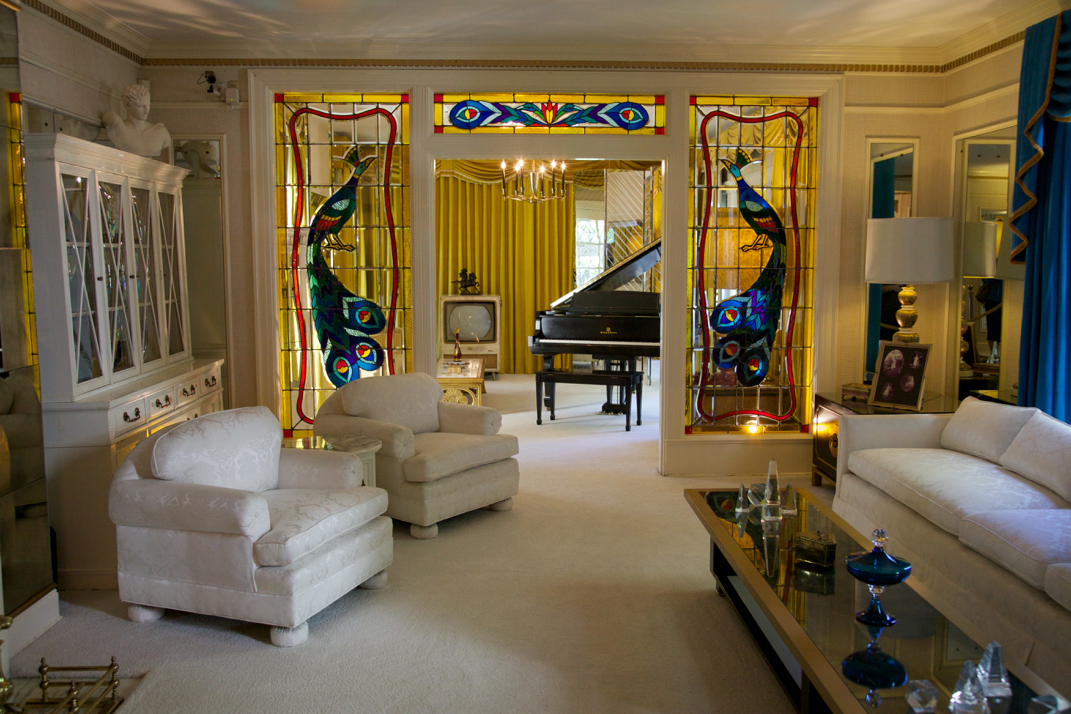
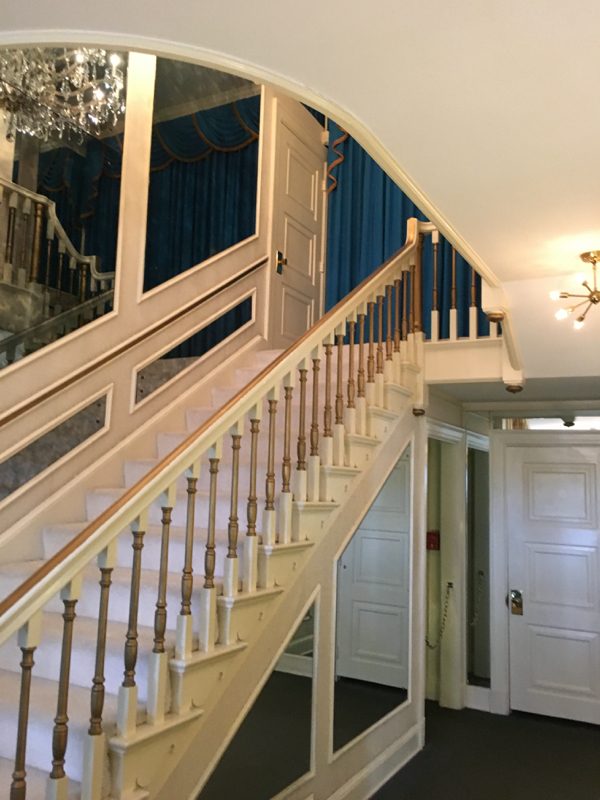
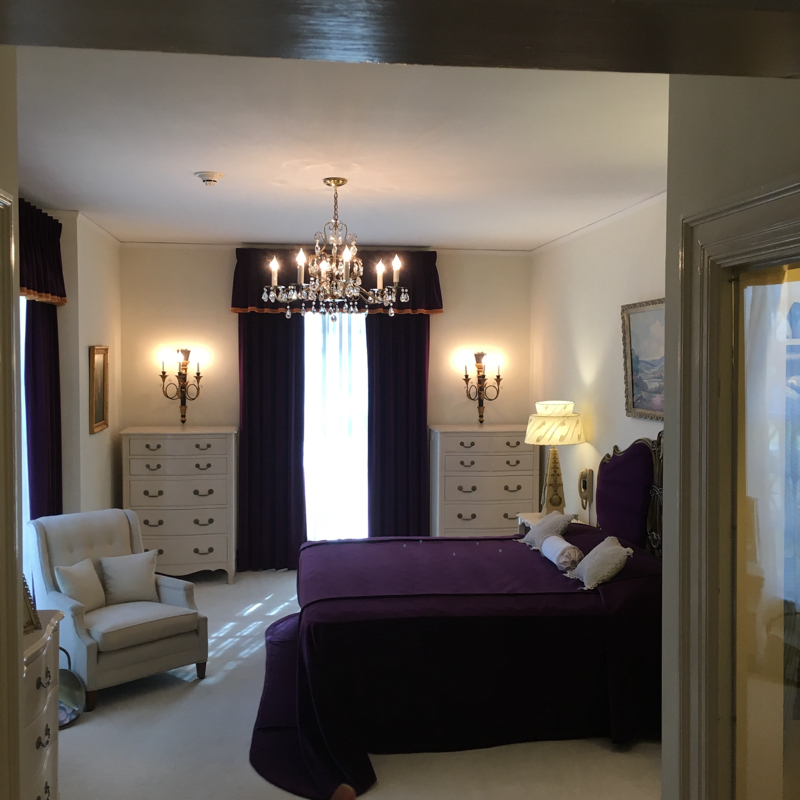
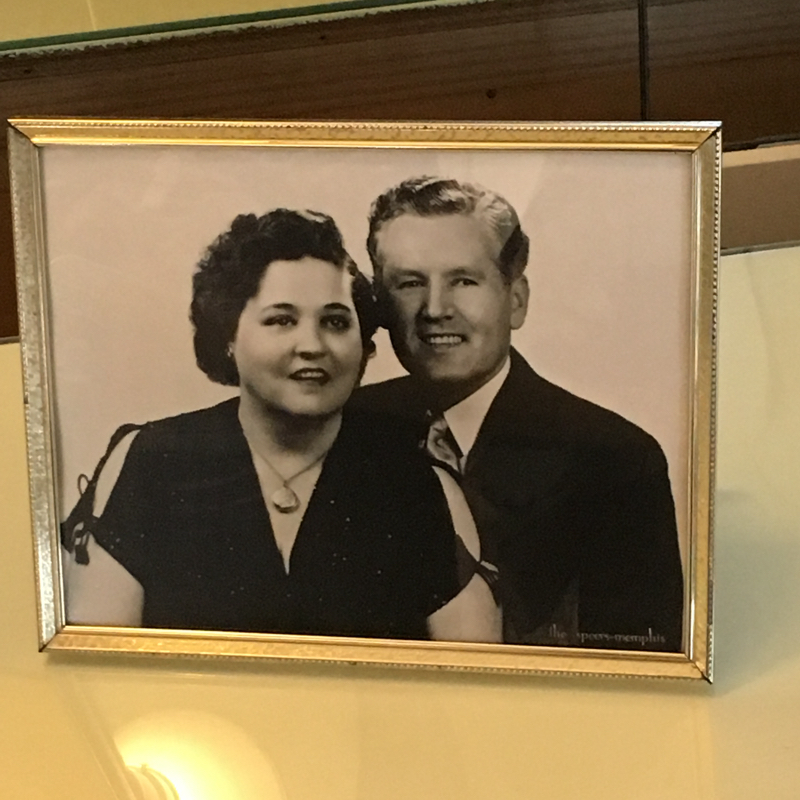
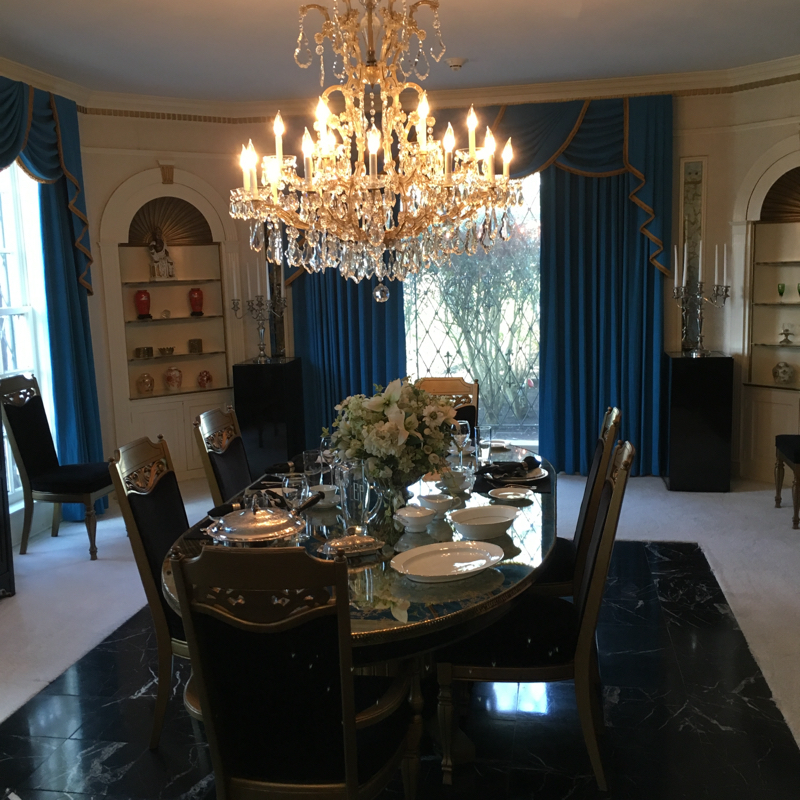
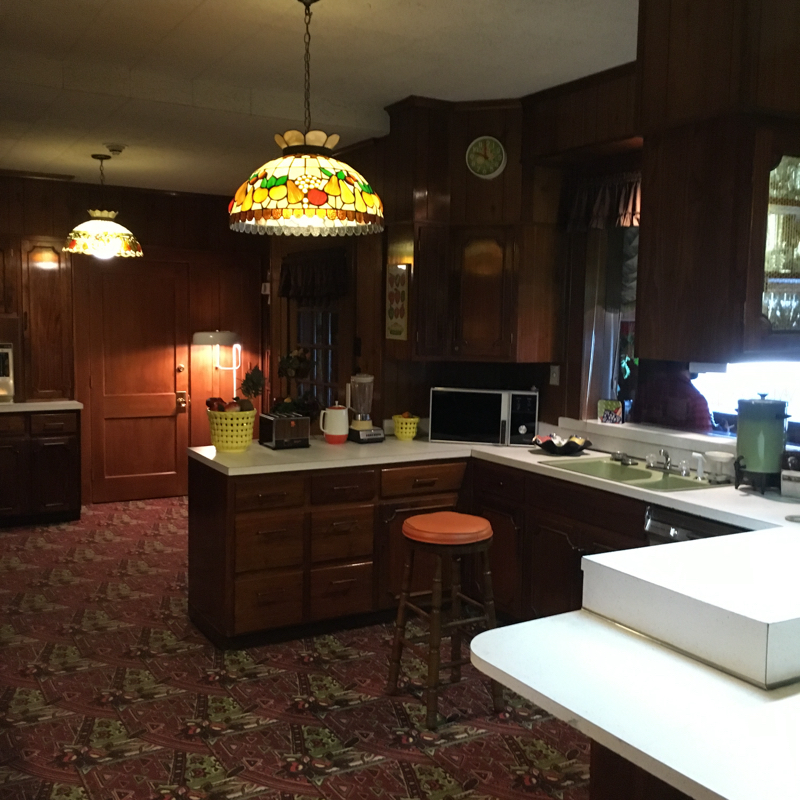
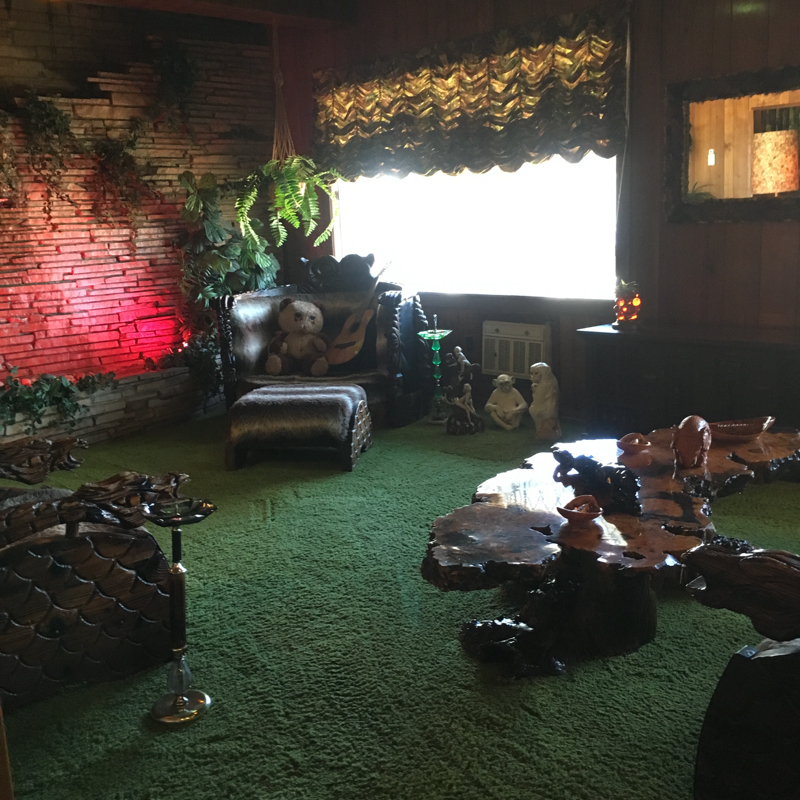
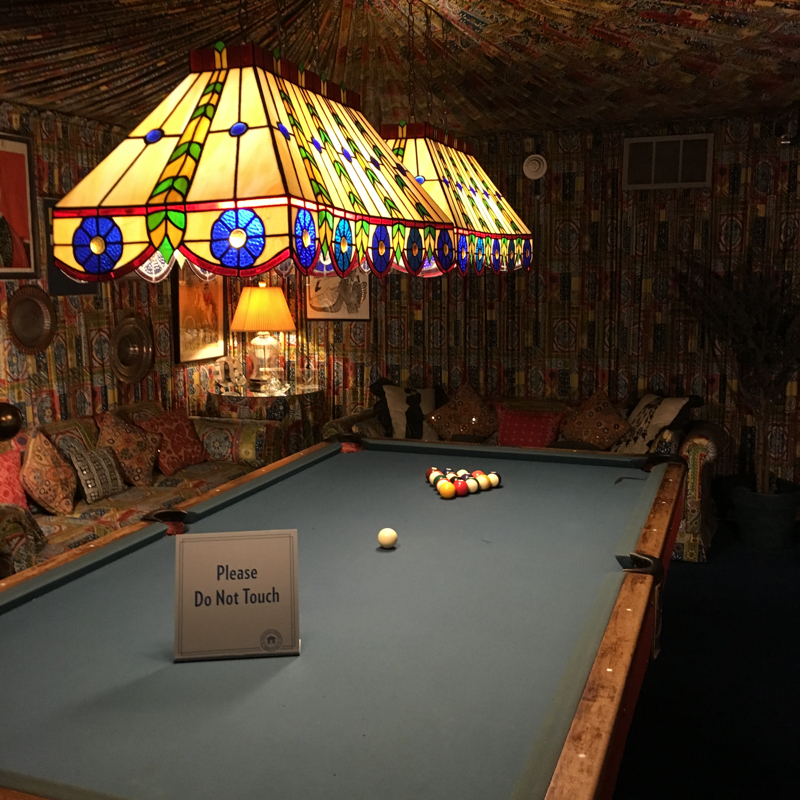
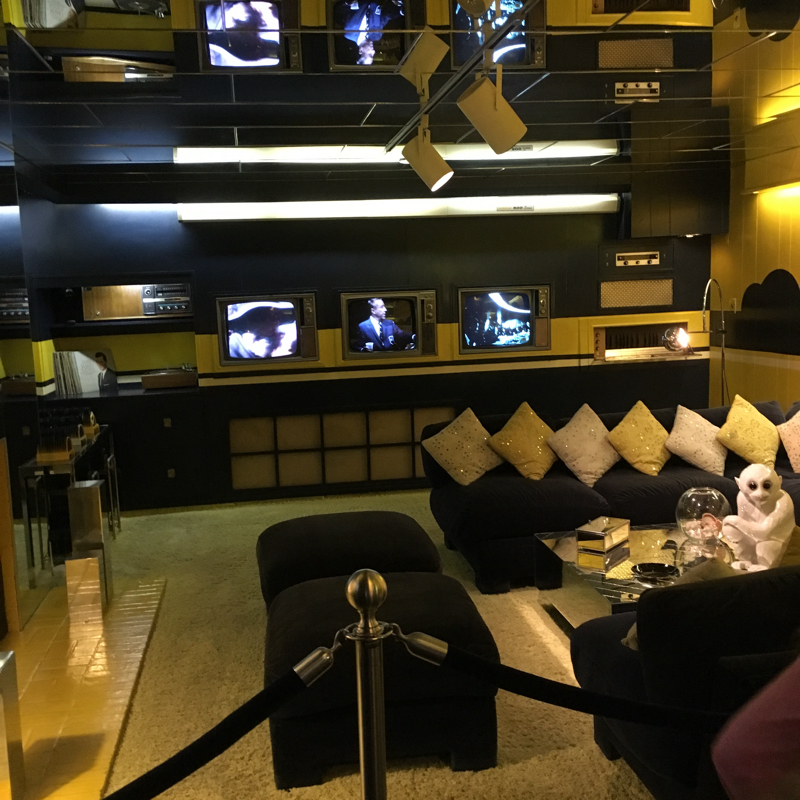
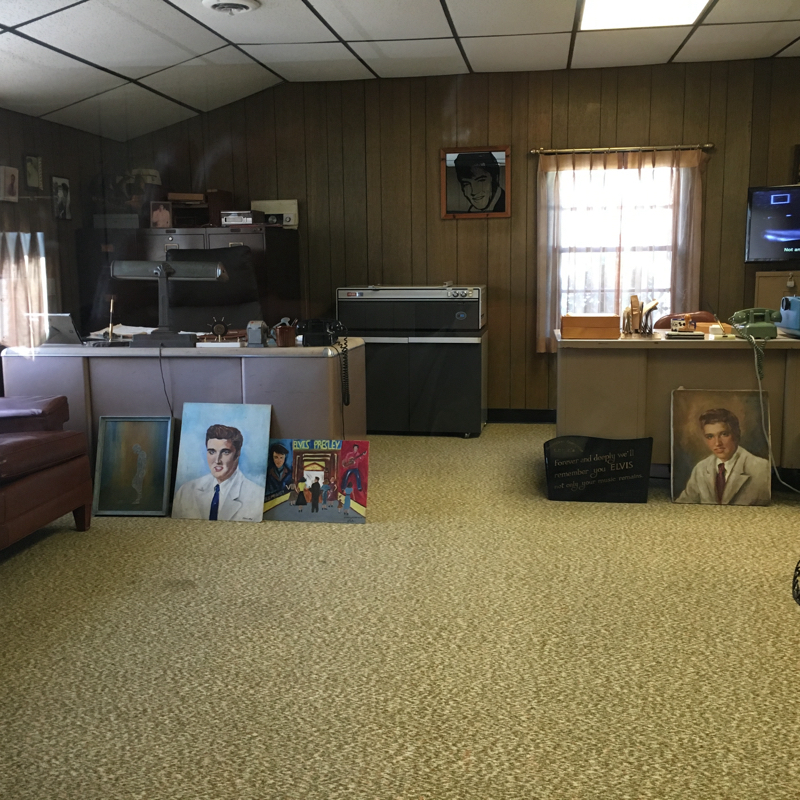
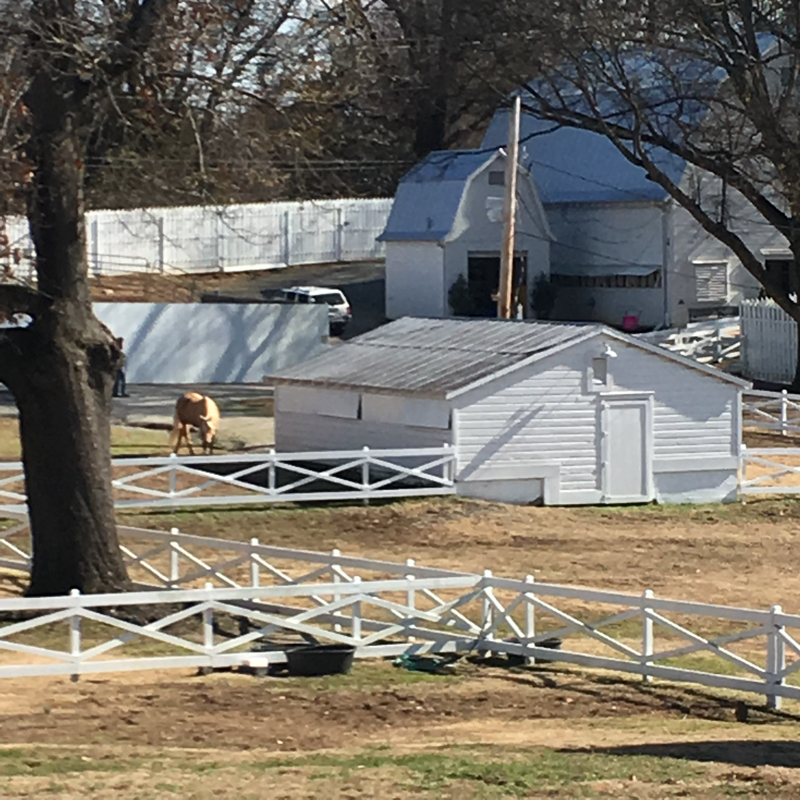
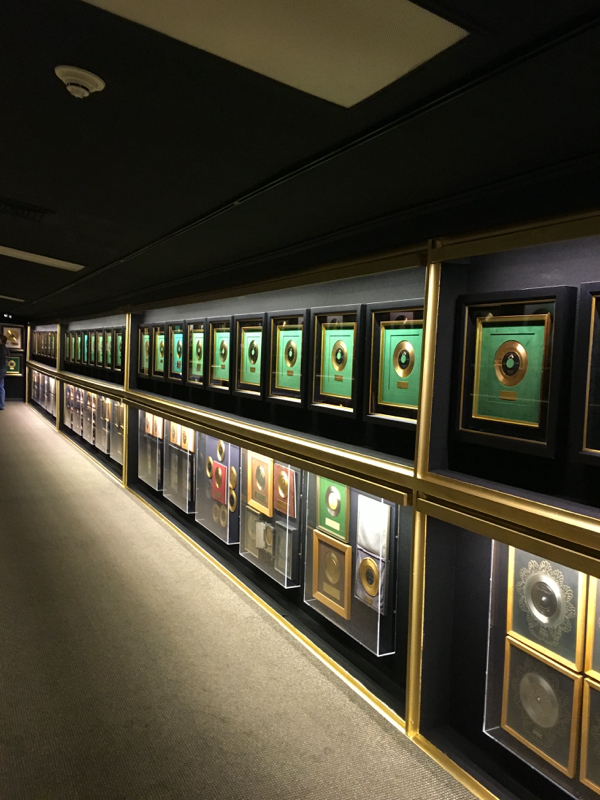
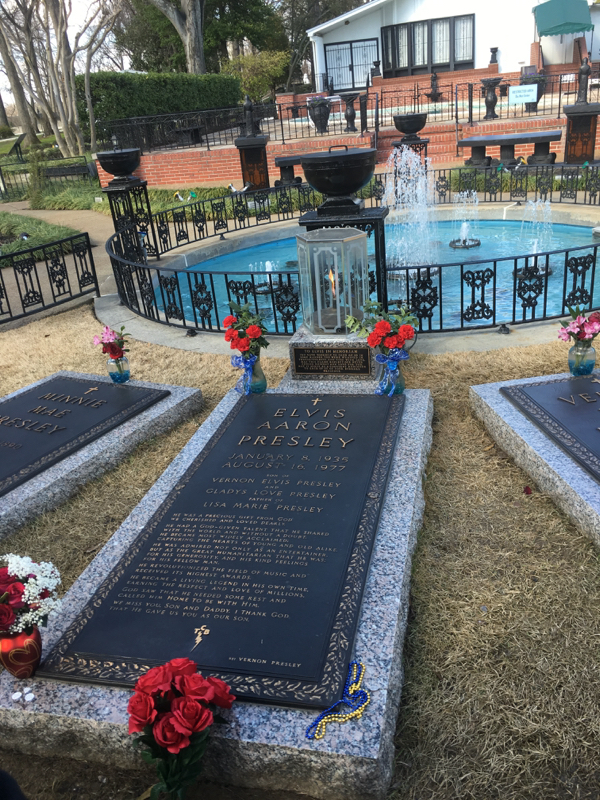
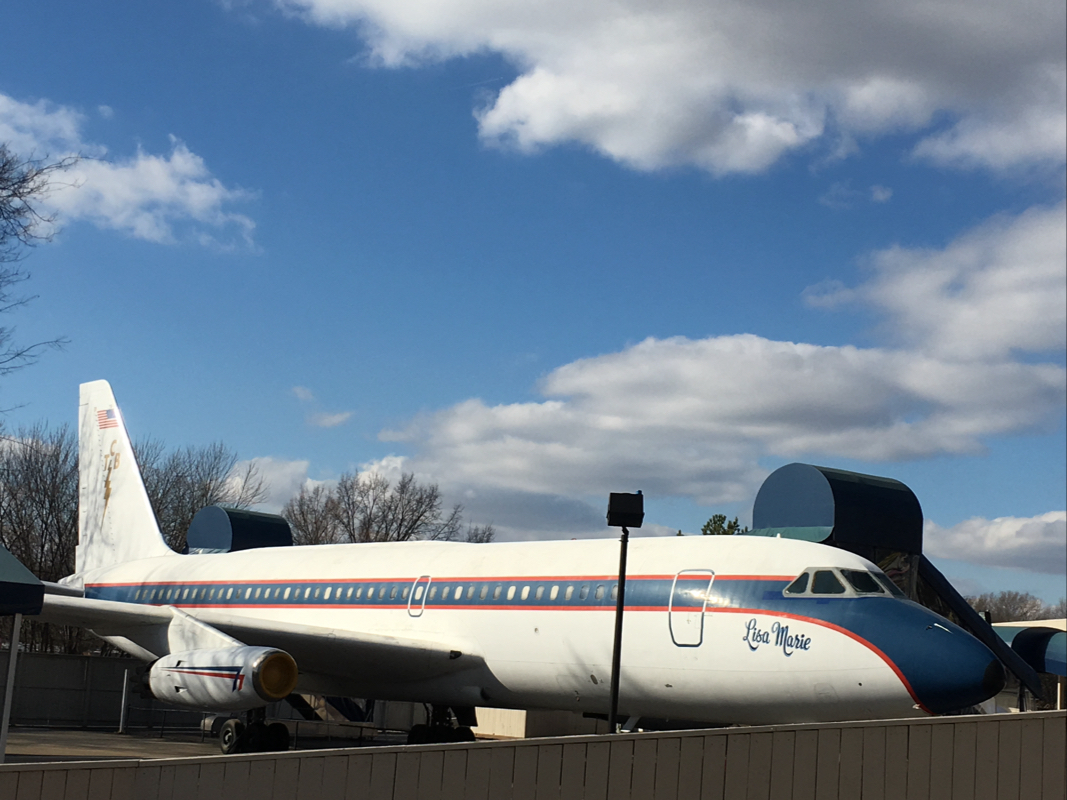
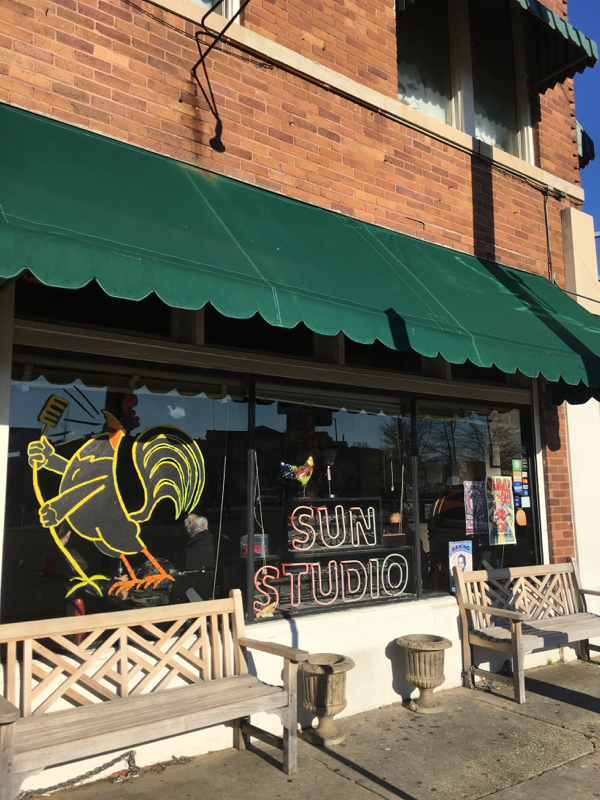
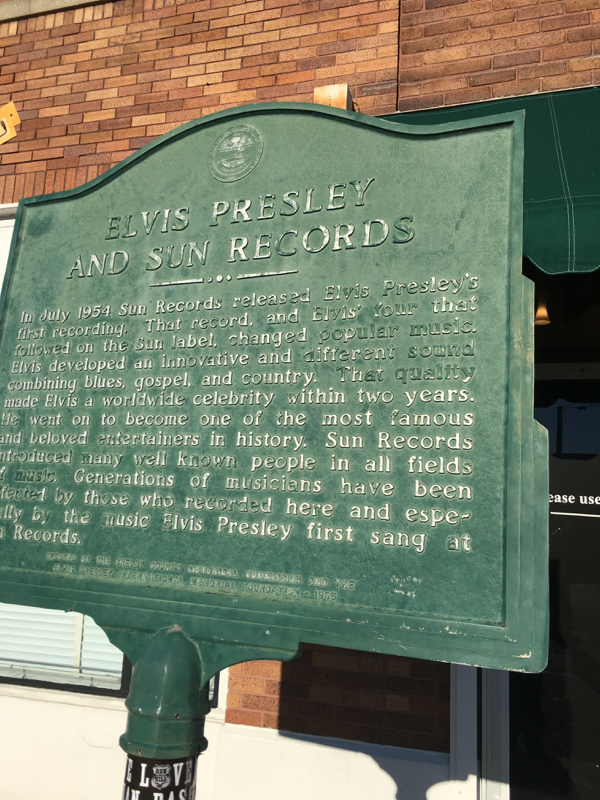
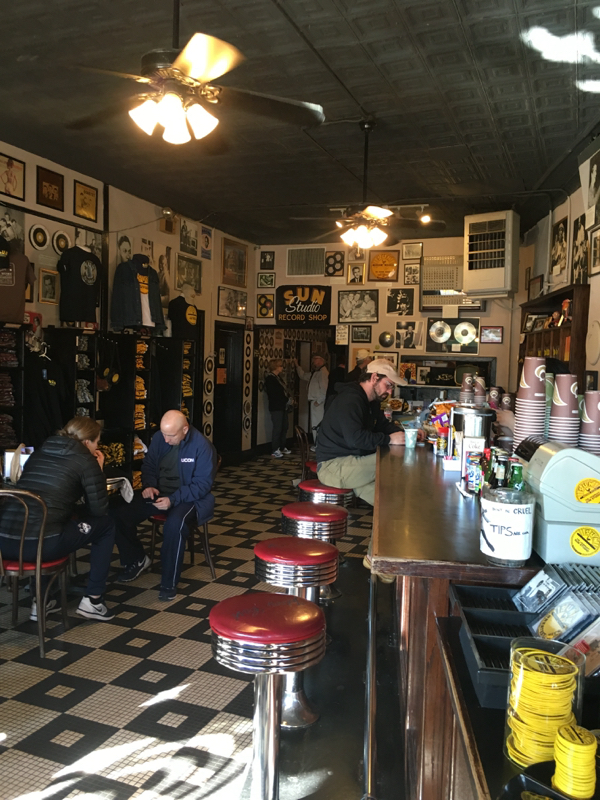
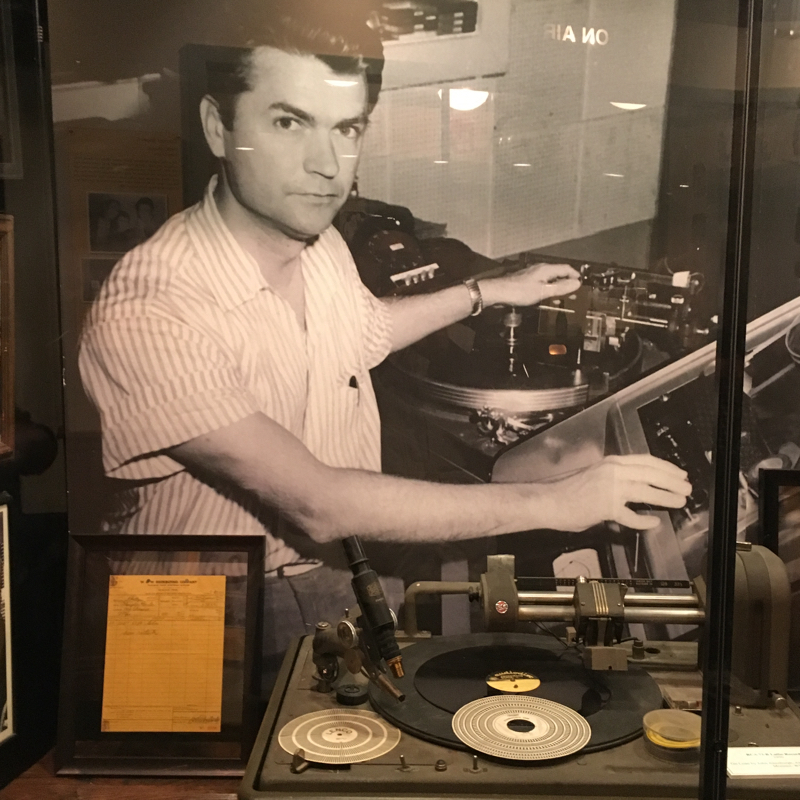
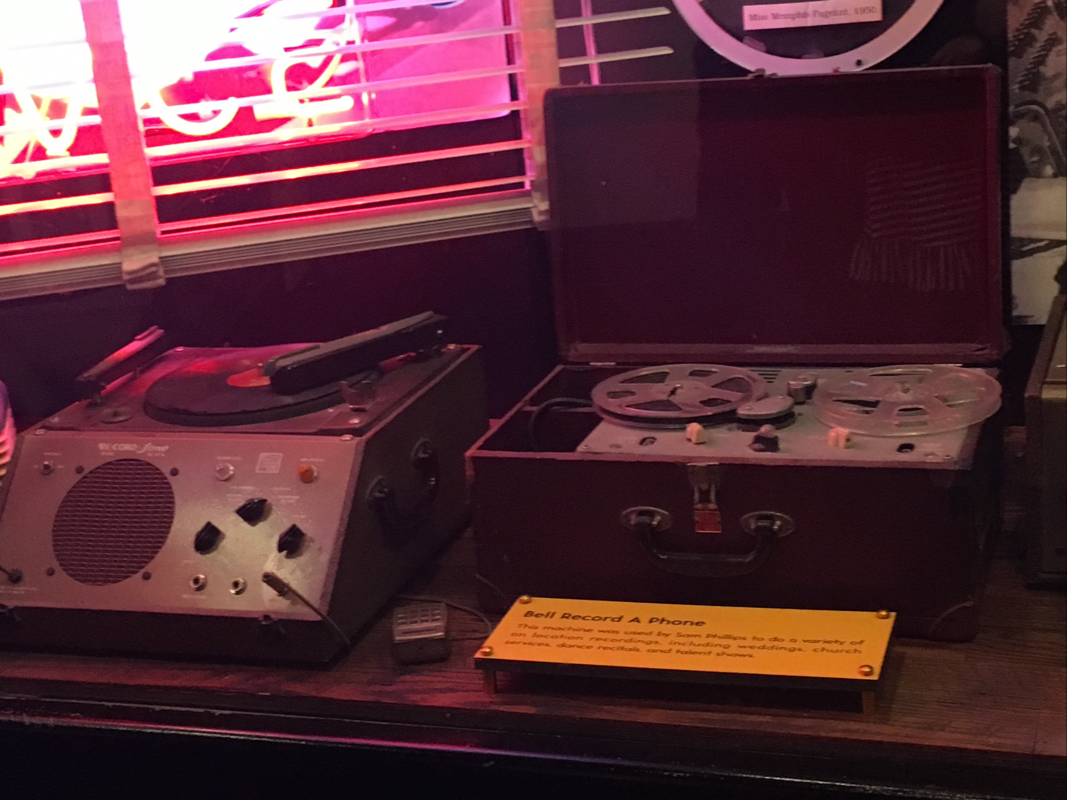
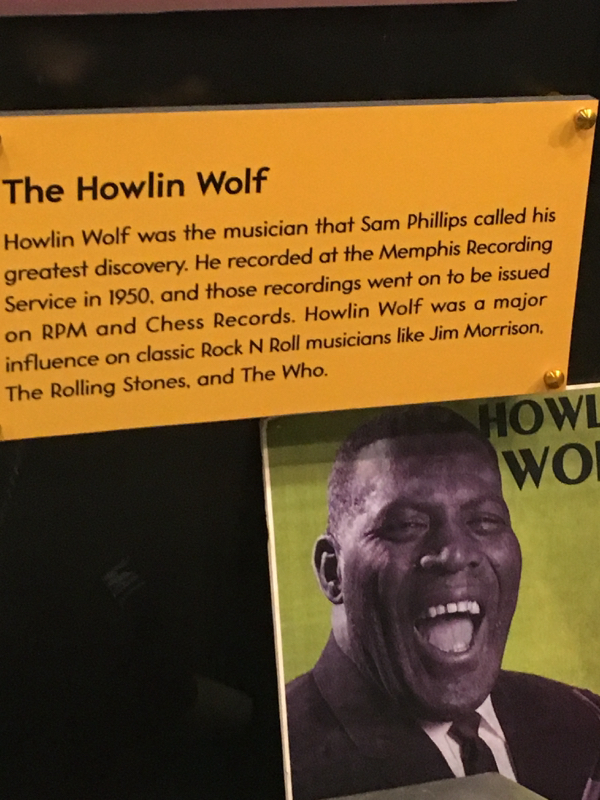
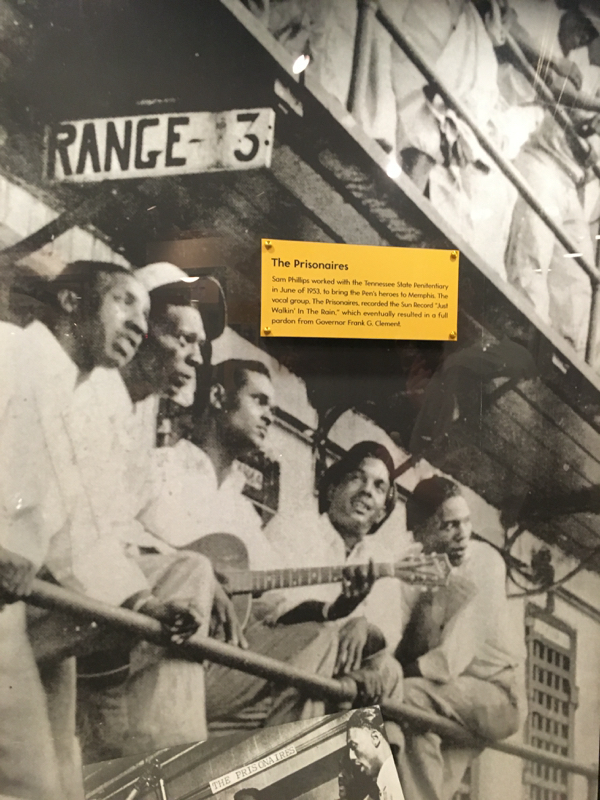
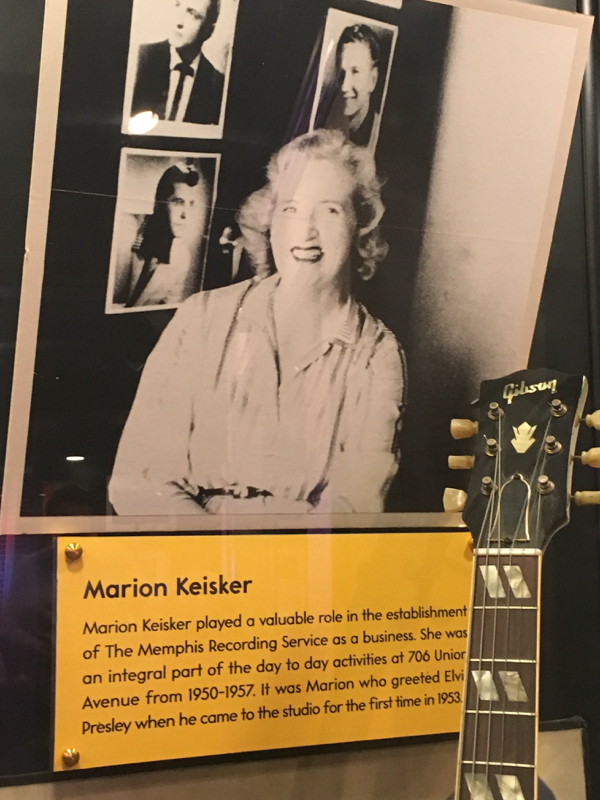
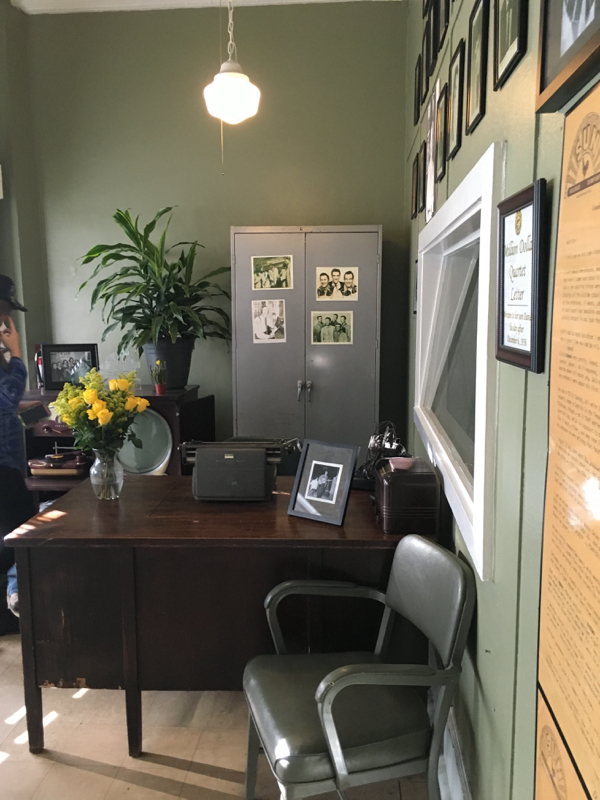
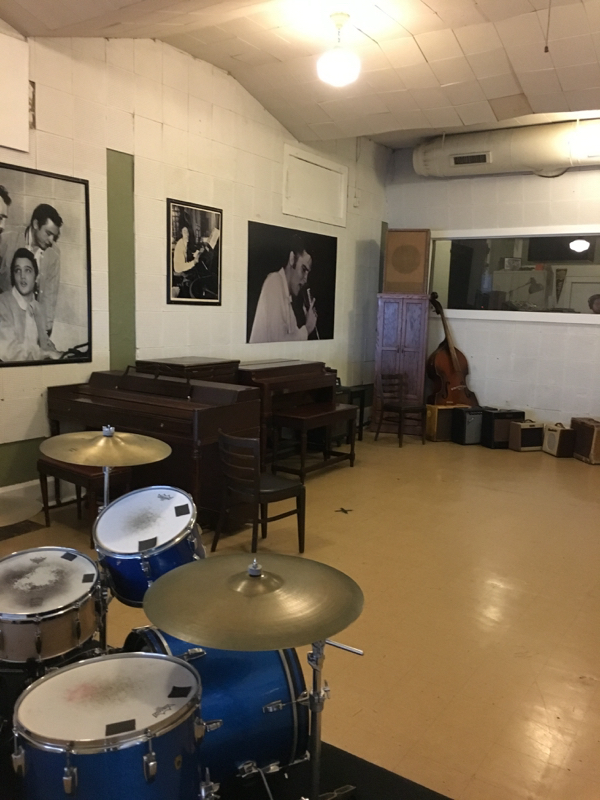
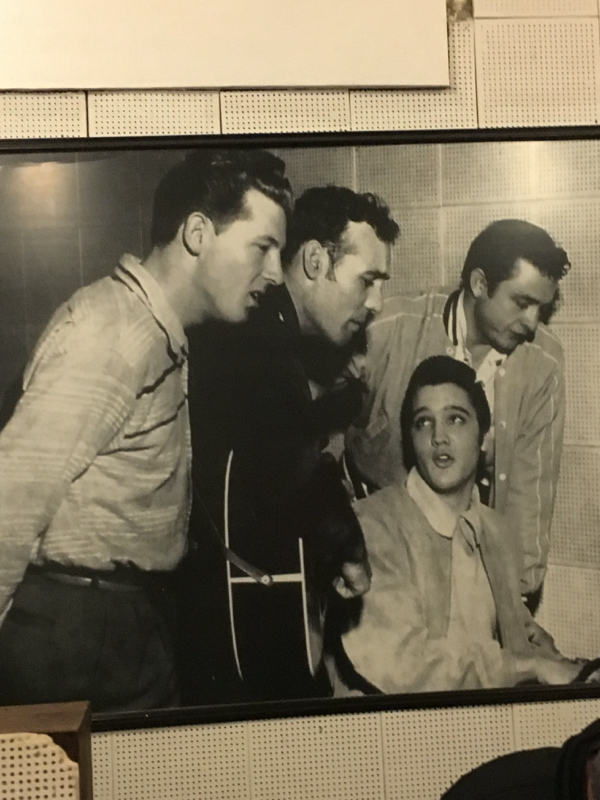
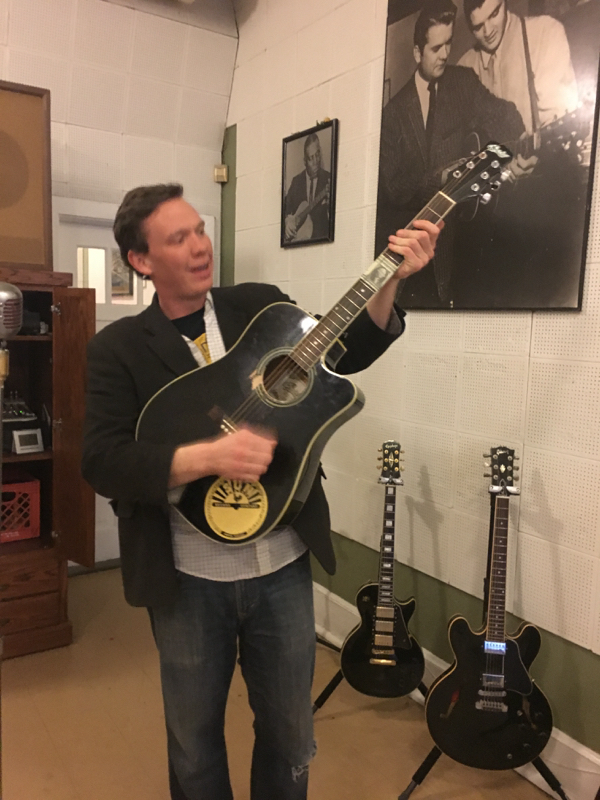
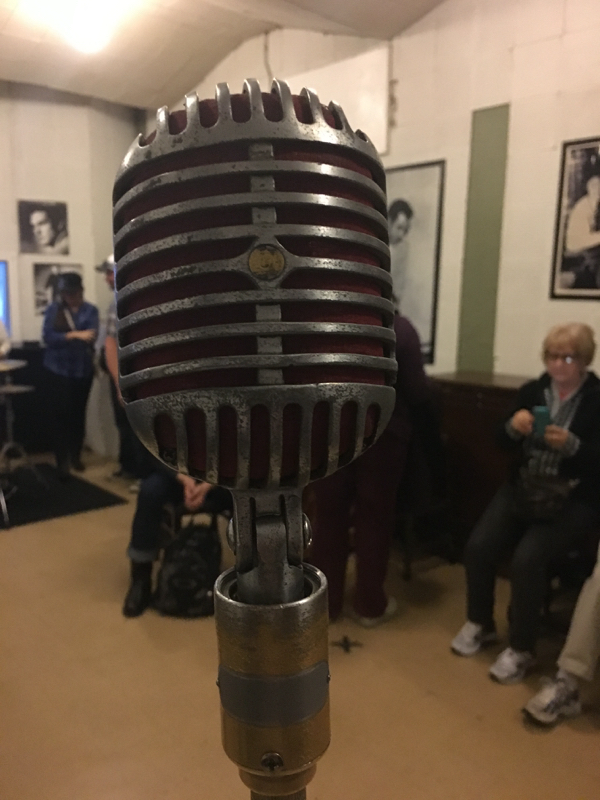
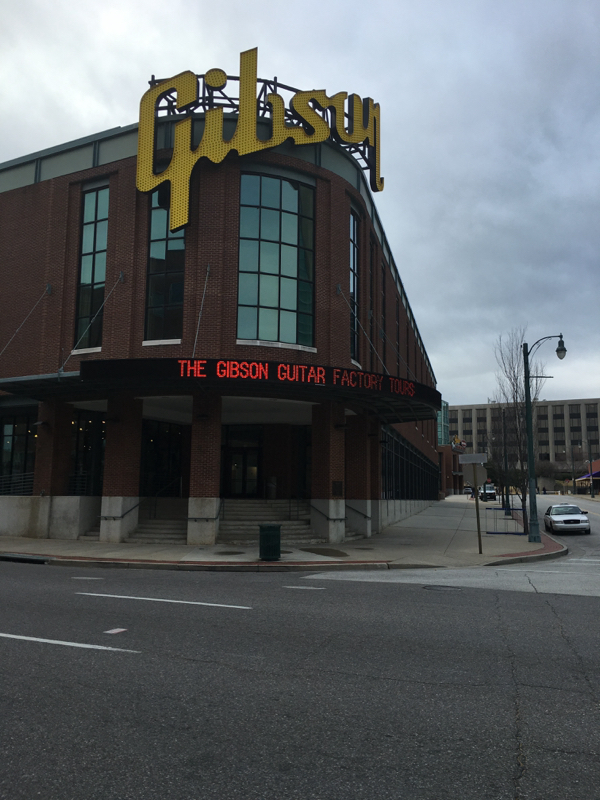
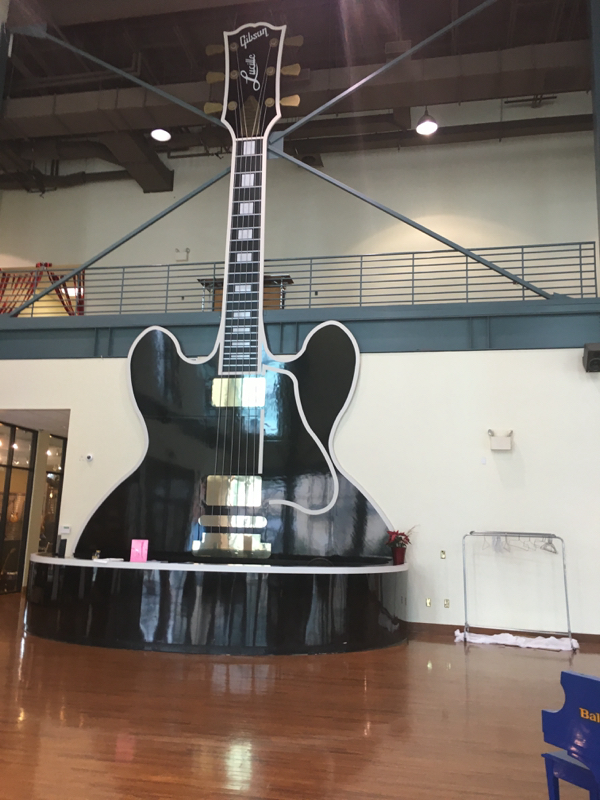

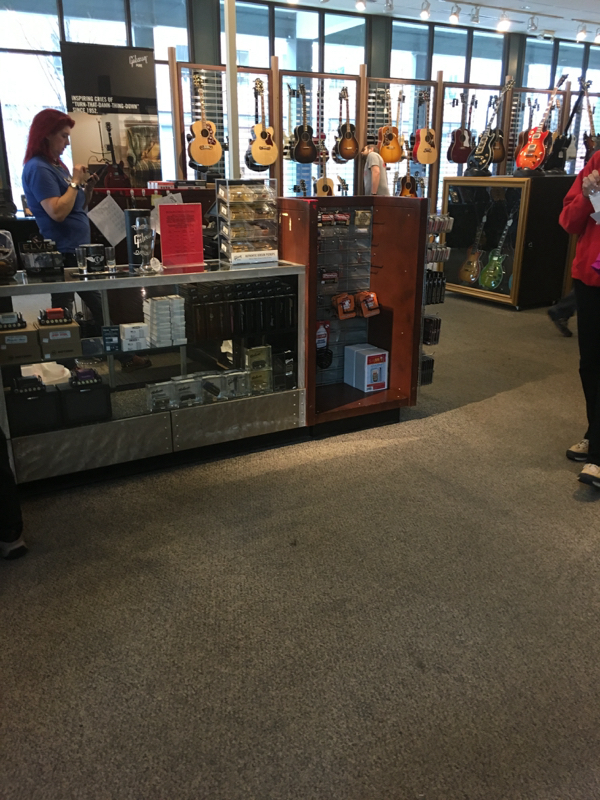

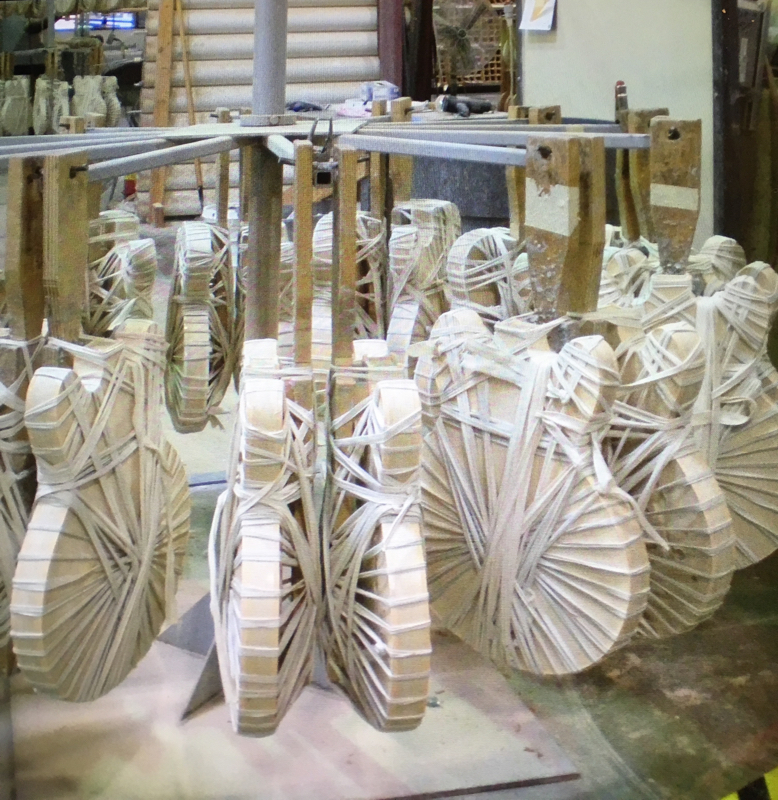
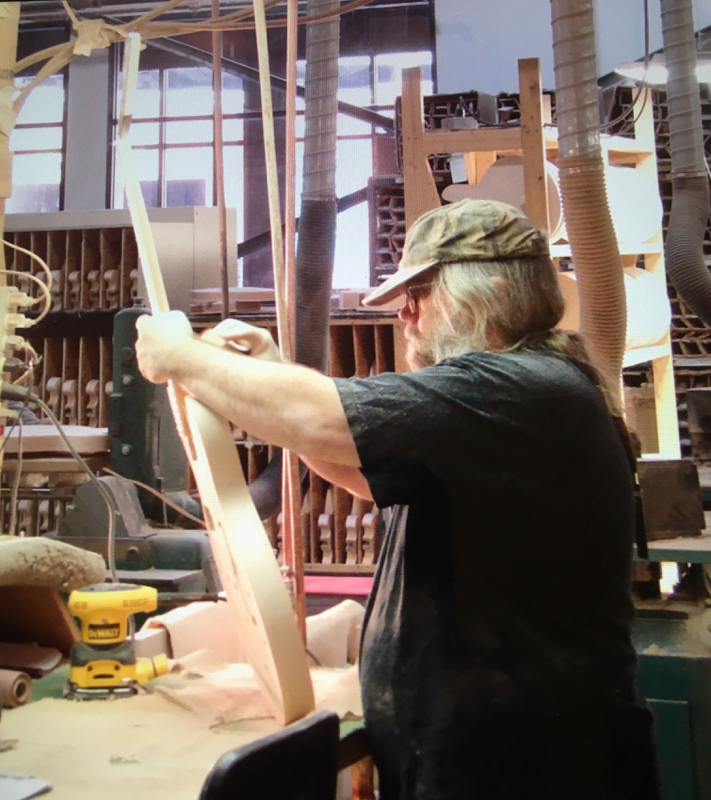

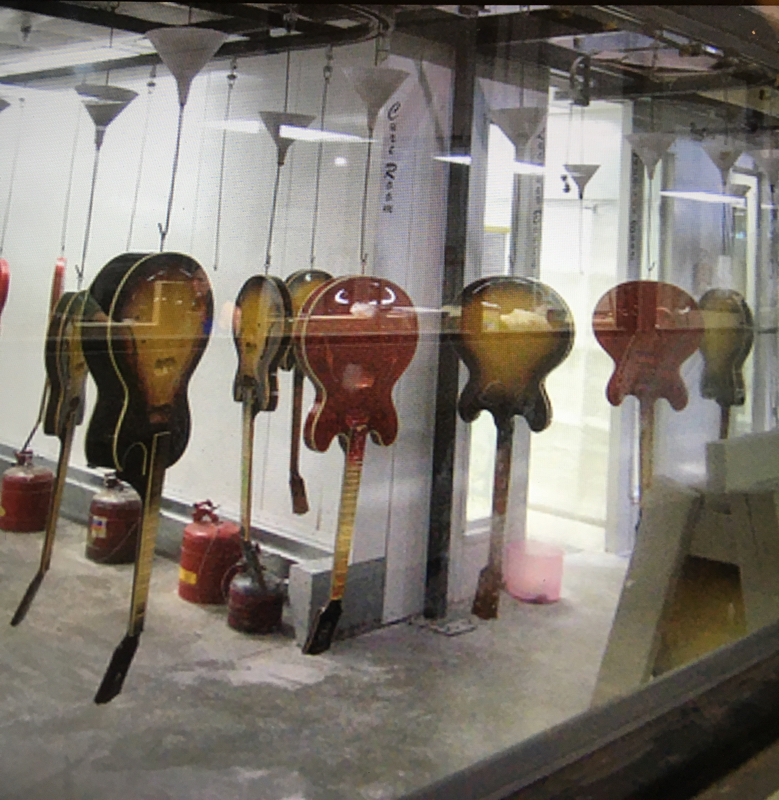

 RSS Feed
RSS Feed
